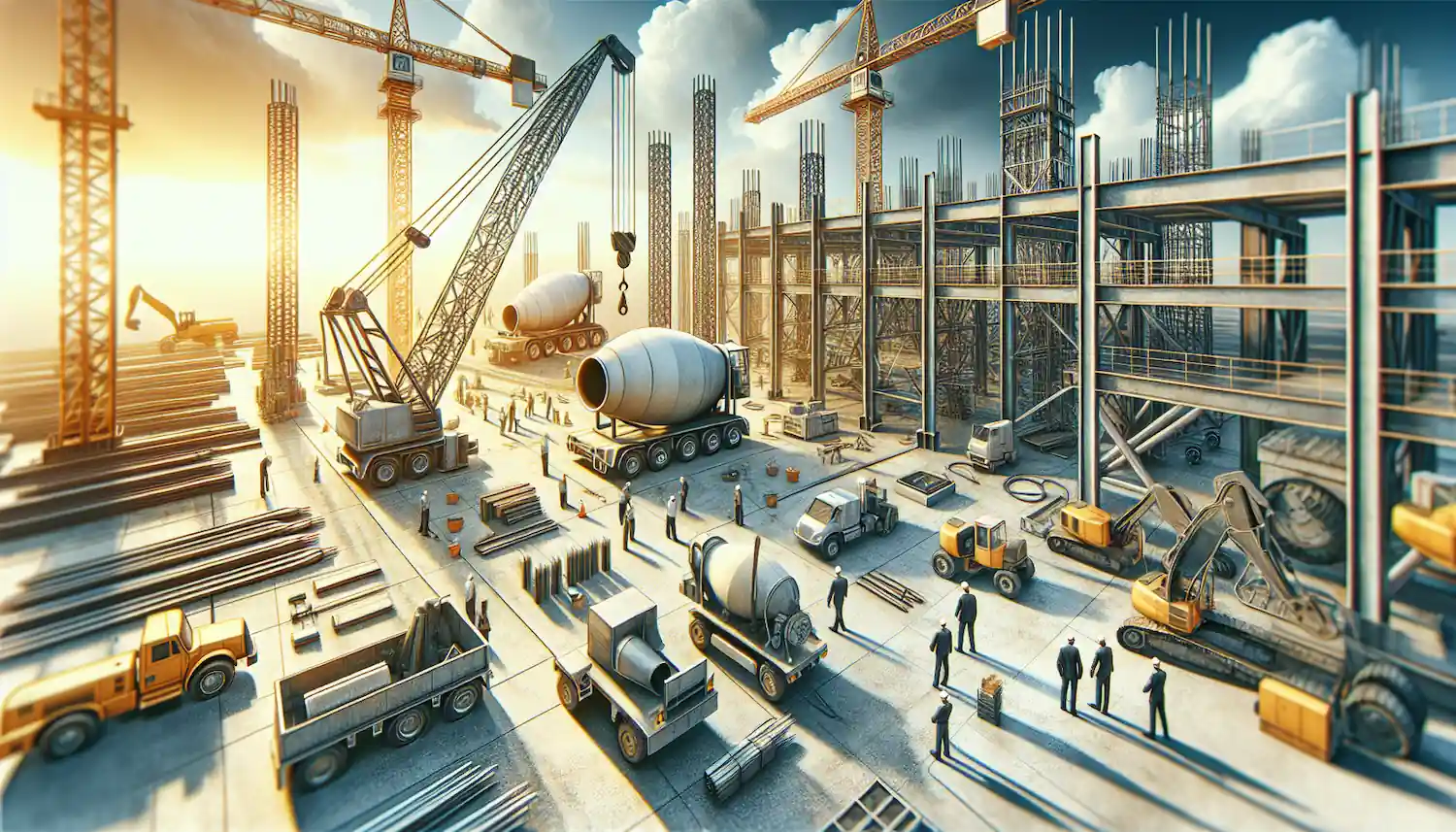Construction Site Equipment: How to Determine Your Requirements
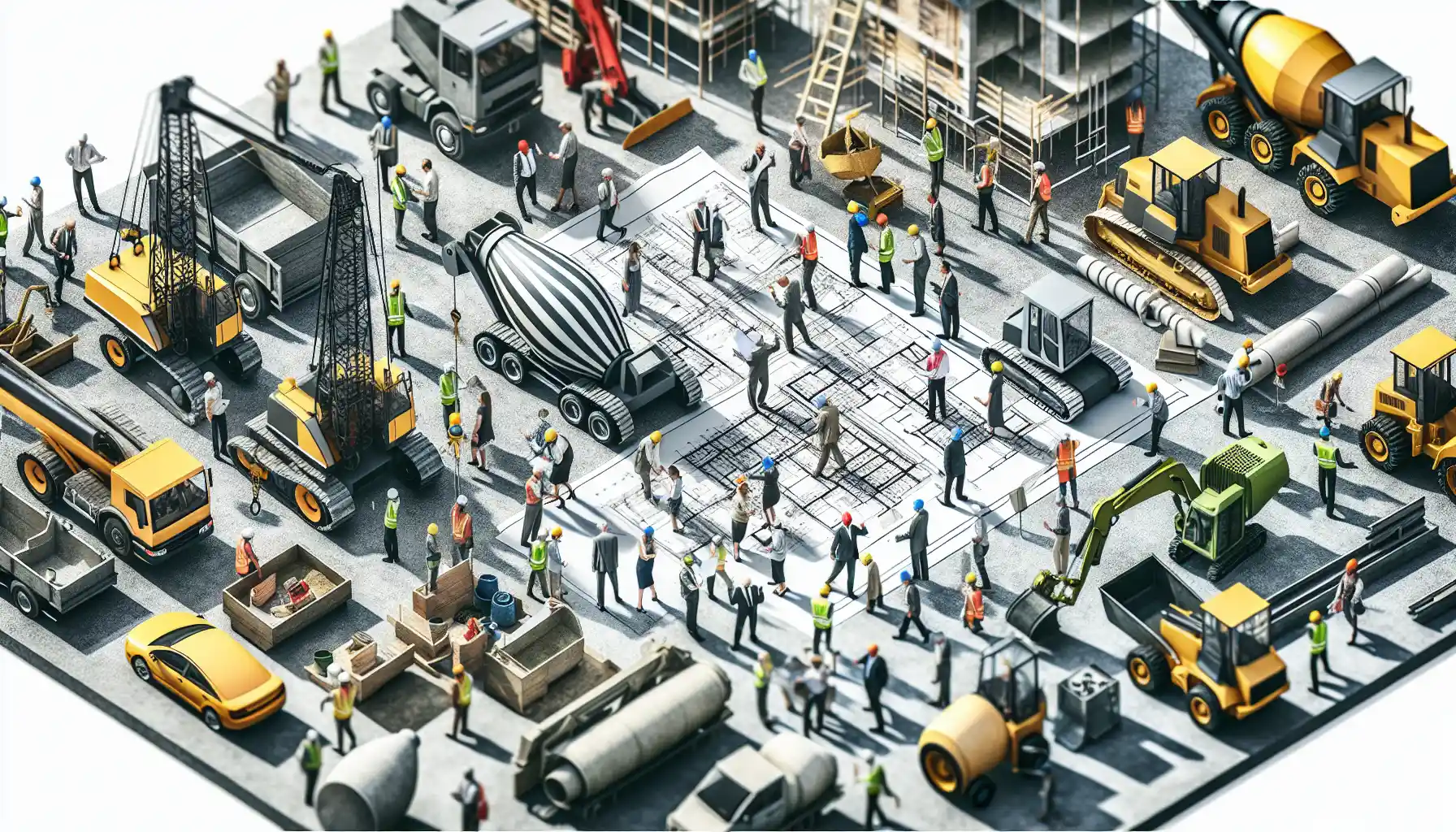
Selecting the right construction site equipment is a crucial factor in the success of any building project. From ensuring construction site safety to enhancing efficiency and productivity, the equipment utilized on a construction site plays a vital role.
Whether it's heavy machinery for earthmoving or construction site personal protective equipment for worker safety, understanding your requirements can make a significant difference. This process not only involves identifying the right tools for the job but also encompasses equipment management, servicing, and maintenance of construction equipment to ensure optimal operation and longevity.
In this article, we'll delve into construction equipment servicing, construction equipment maintenance, and utilizing heavy equipment fleet management software to optimize construction equipment utilization.
Assessing Construction Machinery Needs
Understanding Project Requirements
Before you start your construction project, it's crucial to identify the specific machinery needed. Whether you're working on a large-scale development or a smaller project, the range of required equipment can vary significantly.
From heavy-duty machines like excavators and bulldozers to more specialized equipment like telehandlers and scissor lifts, understanding your project's scope and requirements is the first step in choosing the right tools utilization.

Evaluating Site Conditions
Assess the physical layout and environmental factors of your construction site. This includes considering the size of the site, the presence of obstacles, and the specific terrain you will be working on. Factors such as extreme weather conditions and the type of landscaping work planned should also influence your equipment selection. The right equipment needs to handle the site's demands efficiently while ensuring safety and minimizing operational disruptions.
Considering Budget Constraints
Budgeting is a critical aspect of planning your construction project. You must account for all potential construction equipment cost associated with equipment, including purchase or rental prices, fuel usage, maintenance costs, and labor.
Opt for machinery that offers versatility and adaptability to get the most value for your investment. Additionally, consider the long-term benefits of choosing environmentally friendly options like electric models, which can reduce fuel efficiency tracking and emissions.
To explore these options further and receive expert advice tailored to your specific needs, consider contacting MCH parts for a free sourcing machinery or parts consultation and get a free quote.
Determining Essential Equipment
Earthmoving Machinery
When you're tasked with earthmoving, selecting the right machinery like excavators, bulldozers, and wheel loaders is crucial. These machines vary in size and capability, ensuring you have the appropriate tool for the soil type and project scale. For example, excavators are indispensable for tasks such as digging and demolition, while bulldozers are ideal for moving large quantities of earth.

Material Handling Equipment
Efficient material handling is key to operational efficiency. Equipment such as forklifts, pallet jacks, and conveyor systems play pivotal roles in the transport and storage of material deliveries. It's vital to choose equipment that can handle the specific materials you're working with, whether they're palletized goods or bulk materials like sand or gravel.
Lifting Equipment
Selecting the right lifting equipment involves understanding the maximum weight and the nature of the load, as well as the environment in which the equipment will operate.
Cranes are essential for lifting heavy loads at construction sites and come in various types such as mobile and static cranes. Each type serves different needs based on mobility and load capacity.
To explore these options further and receive expert advice tailored to your specific needs, consider contacting MCH parts for a free sourcing machinery or parts consultation and get a free quote.
Maintaining and Managing Construction Equipment
Preventative Maintenance
Regular maintenance scheduling is crucial to extend the longevity and maintain the productivity of your construction equipment. Implement a heavy equipment preventative maintenance checklist for operators to follow, ensuring all machinery is routinely inspected and maintained. This approach not only minimizes equipment downtime but also prevents costly repairs and enhances safety on the construction site.
Proper Storage Practices
Proper storage of construction equipment is essential to protect it from the elements and prolong its equipment lifespan. Store heavy machinery like excavators and bulldozers on level ground and shield smaller tools in secure, dry areas. Always consult manufacturer guidelines to determine the best storage conditions for each piece of equipment.

Effective Monitoring and Communication
Maintaining an accurate log of equipment usage monitoring and condition is vital for effective heavy equipment management. Utilize construction equipment monitoring applications to track who is using the equipment and for what purpose.
Establish a clear communication plan to promptly address any issues or maintenance needs, ensuring all team members are informed and can react swiftly to prevent further damage.
To explore these strategies further and receive expert advice tailored to your specific needs, consider contacting MCH parts for a free sourcing machinery or parts consultation and get a free quote.
Conclusion
Determining the right construction equipment is not just about the immediate needs of your project but also about optimizing long-term efficiency and safety. Throughout this article, we've explored how to assess your machinery needs, the importance of considering site conditions, budget constraints, and the advantages of adopting environmentally friendly equipment solutions.
By understanding these key elements, you are better positioned to make data-driven decision-making that contribute to the success and sustainability of your construction projects.
As we've navigated through the selection, construction equipment operations and maintenance, and management of equipment, it's clear that each step plays a crucial role in project milestones. Regular maintenance and effective management are indispensable for extending the lifespan of your equipment, enhancing safety, and minimizing operational disruptions.
Whether you're at the early stages of project scheduling or looking to improve your equipment utilization rate, remember to consult with industry experts for tailored advice.
For personalized solutions that cater to your project needs, consider reaching out to MCH parts for a free sourcing machinery or parts consultation and get a free quote, ensuring you not only meet but exceed your construction objectives.
FAQs
How do I select the appropriate construction equipment?
When choosing construction equipment, consider the specific environmental factors of your work site, such as temperature and terrain. Additionally, consider the preferences of your client regarding noise levels and the impact on the ground. Select equipment that will perform optimally under the conditions you anticipate during your project.
What types of equipment are essential on a construction site?
Excavators are crucial for site preparation, including tasks like digging, debris removal, and lifting heavy objects. There are various types of excavators, including crawler, dragline, and suction excavators, each suited for different specific tasks.
What are the key factors to consider when selecting equipment for a construction project?
When selecting equipment for a construction project, consider the financial aspects such as the yearly depreciation of the equipment, fuel usage, insurance, storage, maintenance costs, logistic costs, operator training costs, and the cost of spare parts.
What criteria should be used to select construction equipment?
The primary criterion for selecting construction equipment is its usefulness, meaning whether the equipment will meet the project's needs. Other important criteria include suitability for the task, durability, cost-effectiveness, ease of maintenance, attractiveness, teacher preference, and safety.
Read More
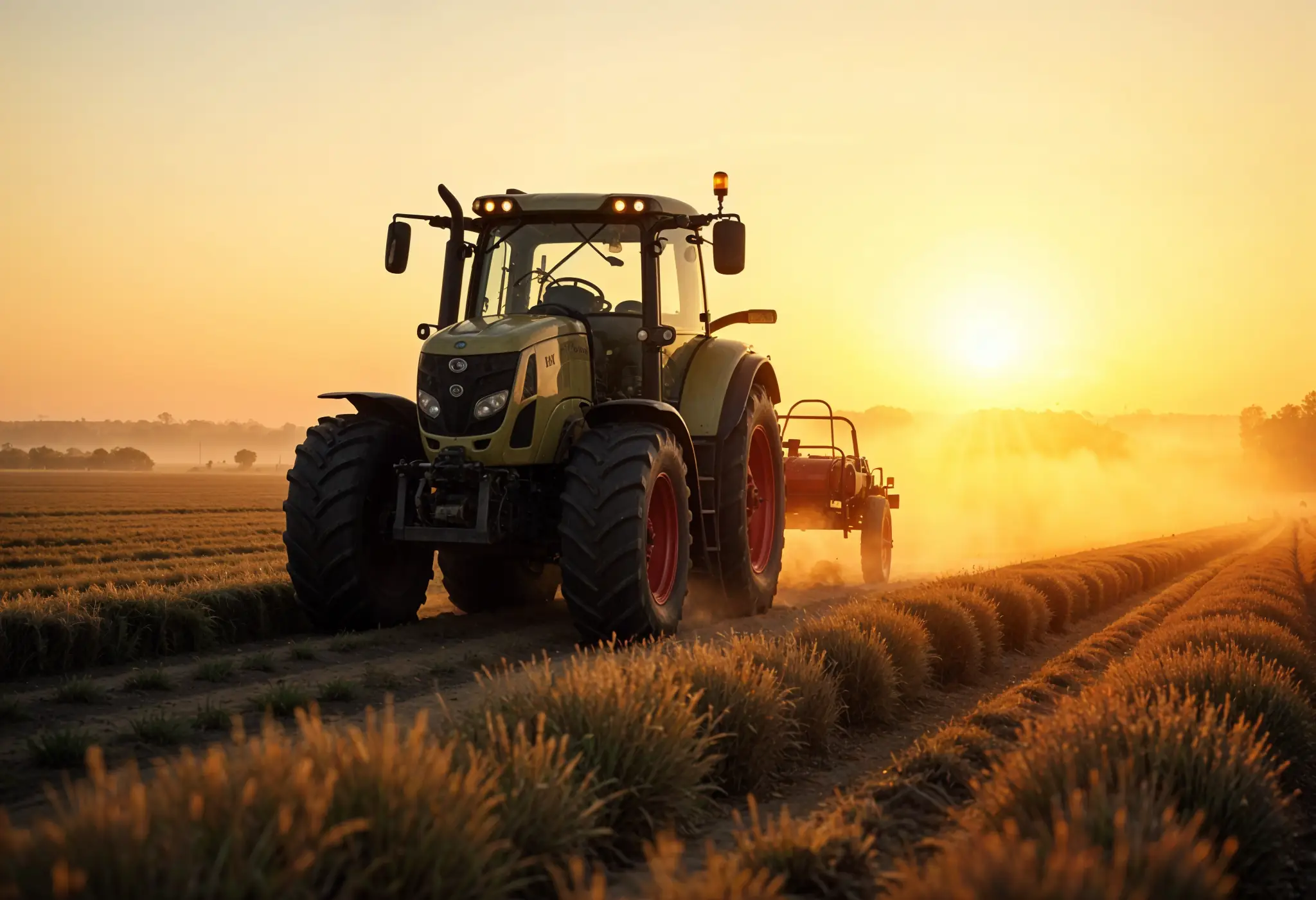
Top Hydraulic Components for Agricultural Equipment in 2025: Complete Guide
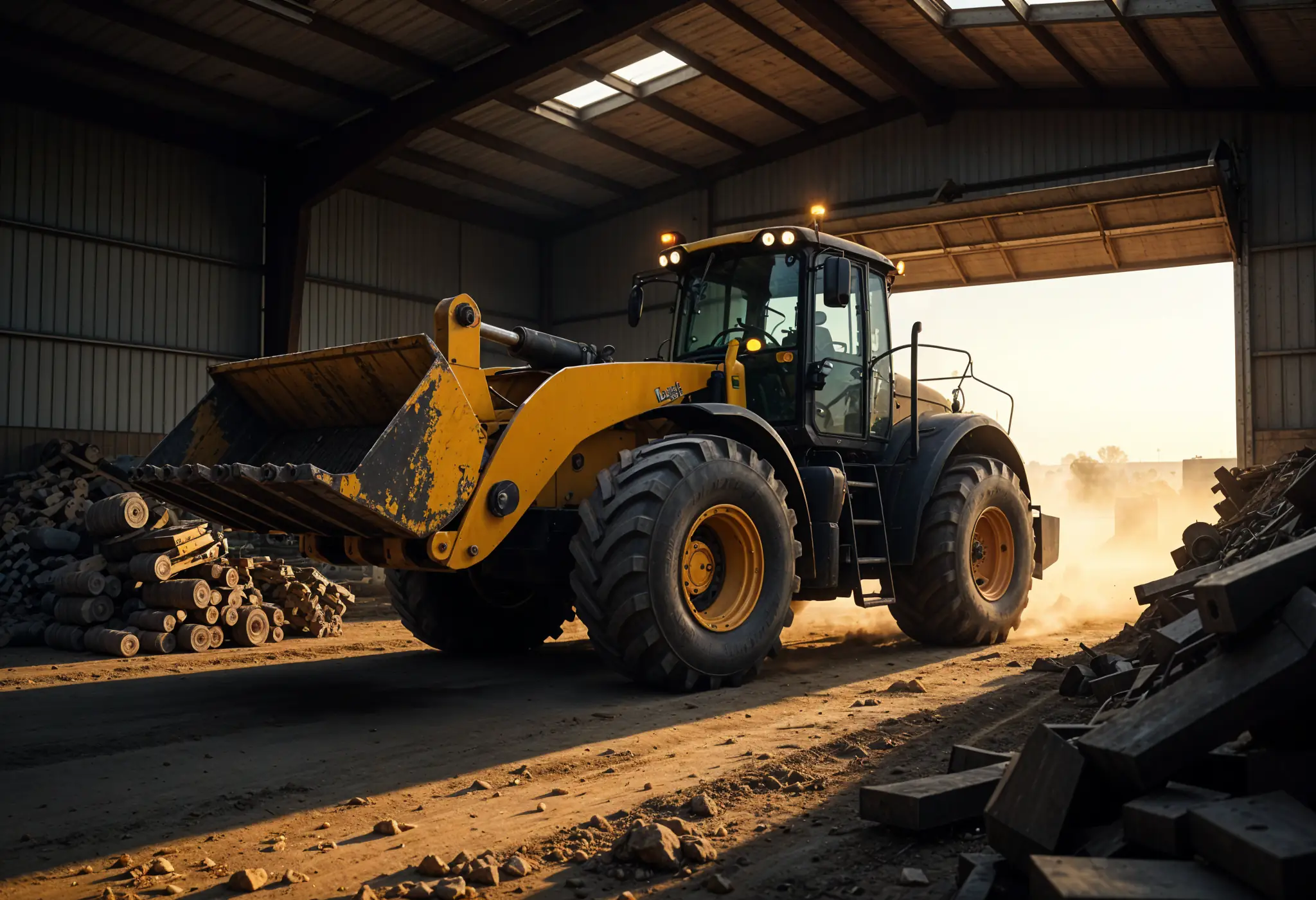
The Essential Farm Equipment Parts You Can't Afford to Run Out Of
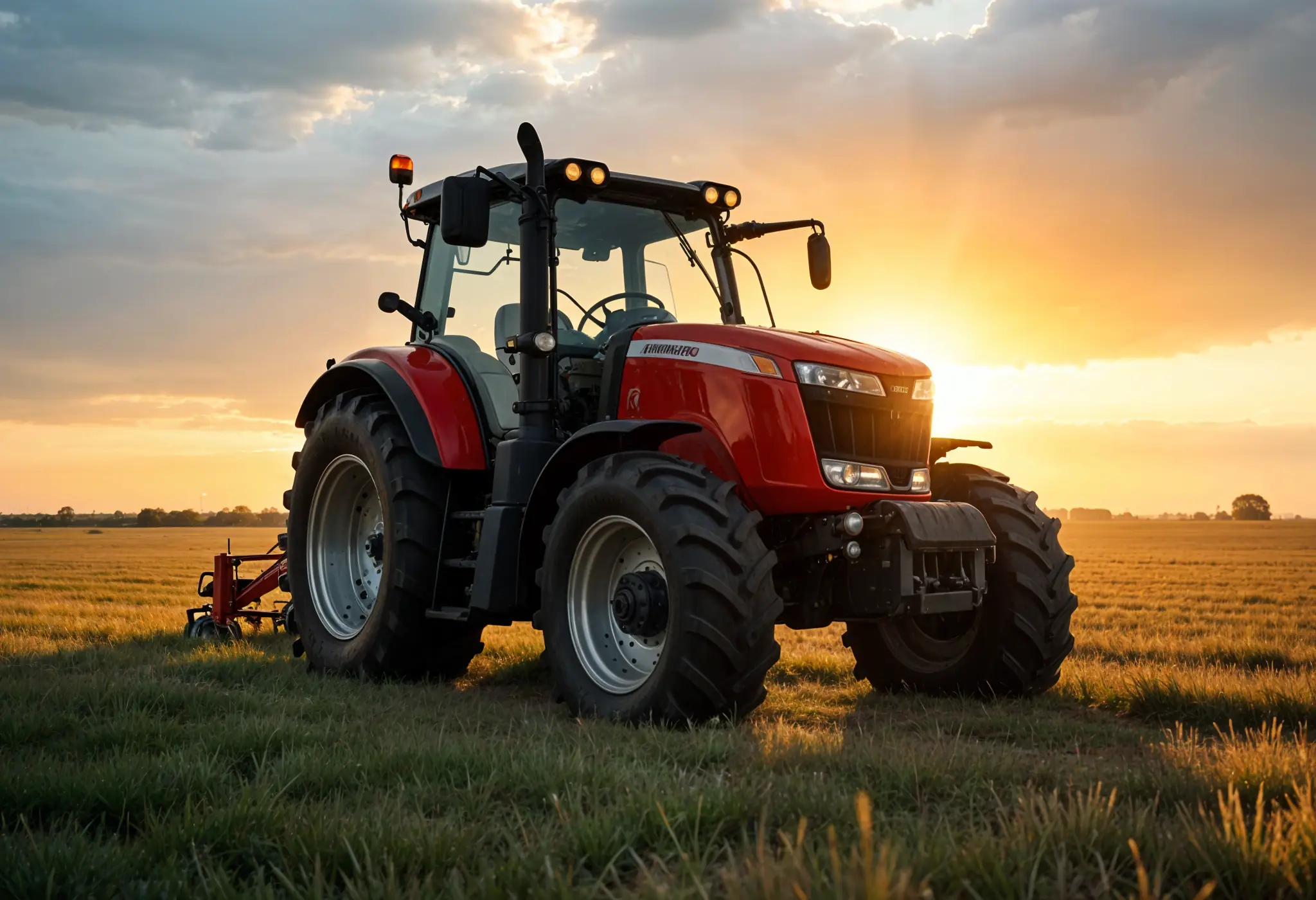
How to Service Farm Equipment: A Farmer's Guide to Zero Harvest Downtime
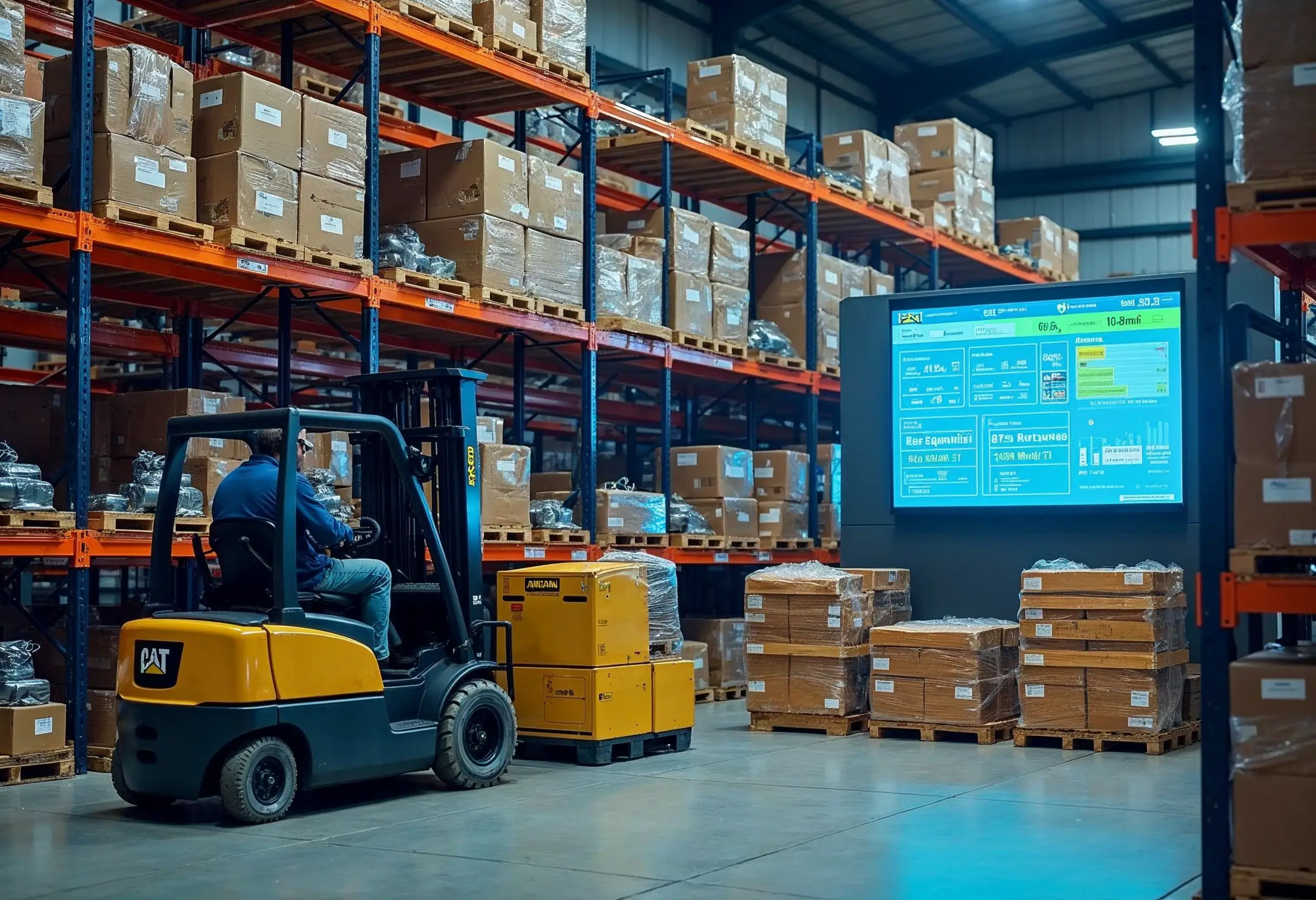
Construction Machinery Parts Suppliers: Expert Selection Guide
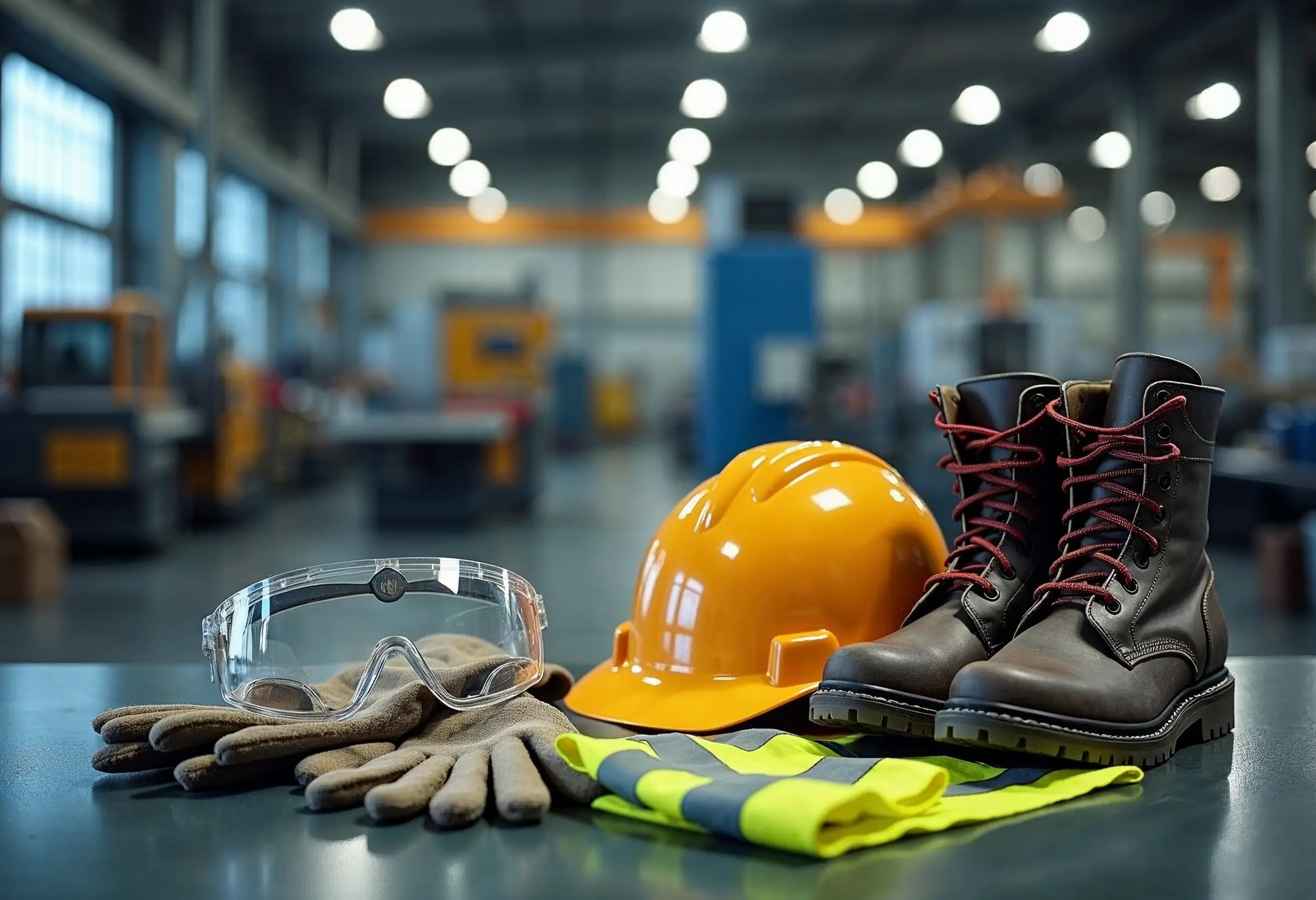
How to Apply Machine Safety Rules: From Selection to Installation

Smart Diagnostics Cut Heavy Equipment Failures by 73%
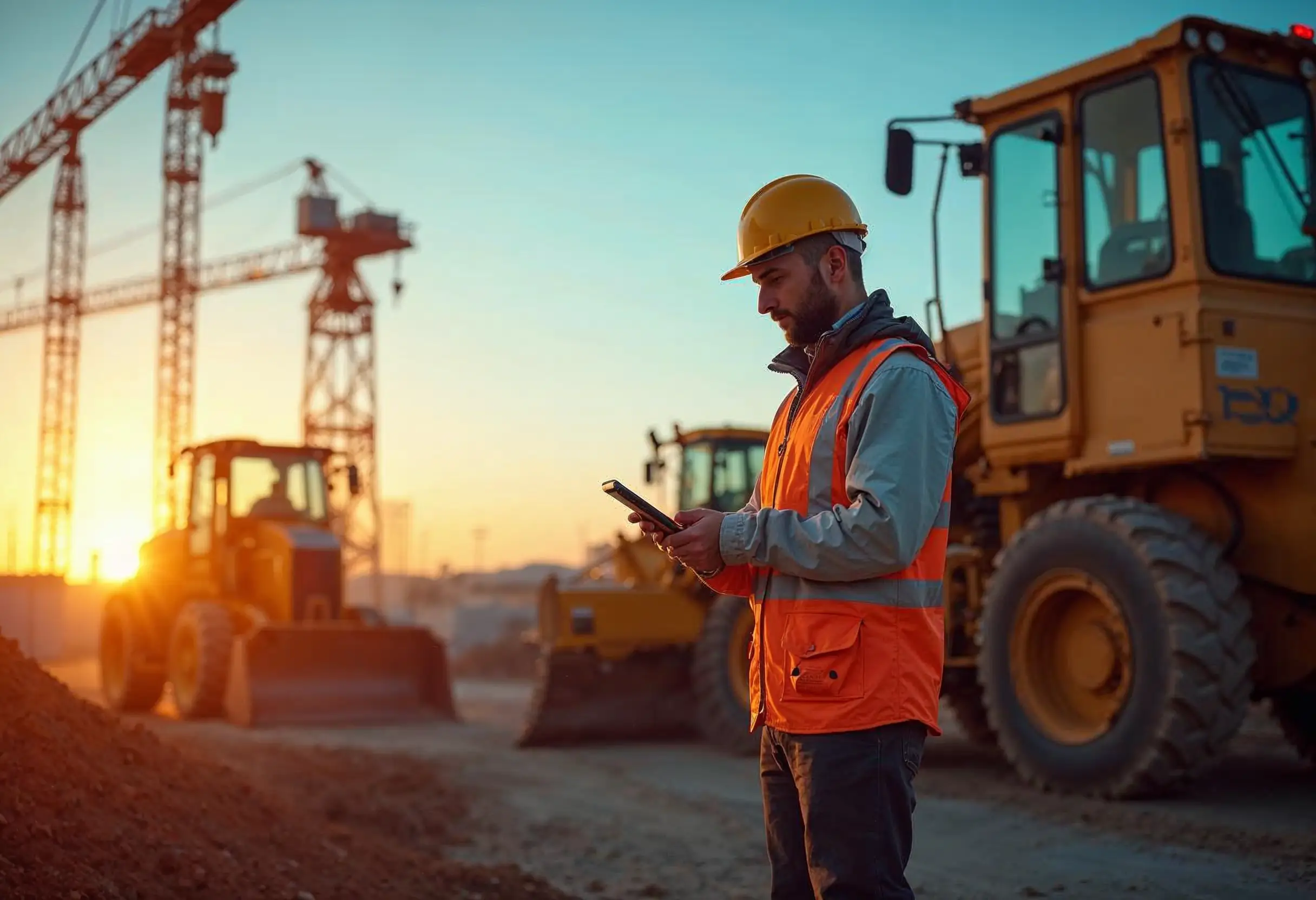
5 Ways to Assess the Environmental Impact of Heavy Construction Machinery
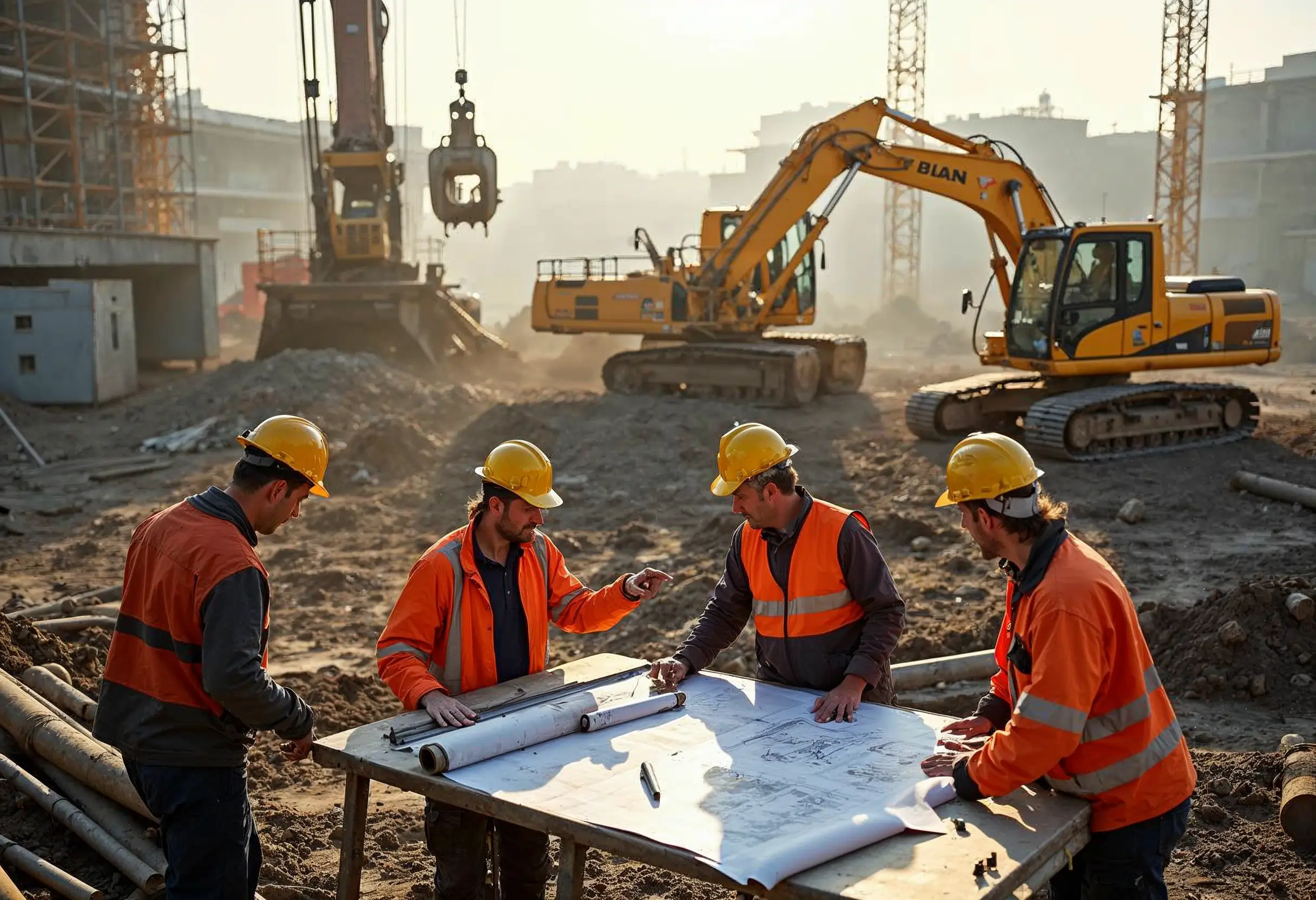
10 Smart Ways to Pick Construction Machinery for 2025 Projects
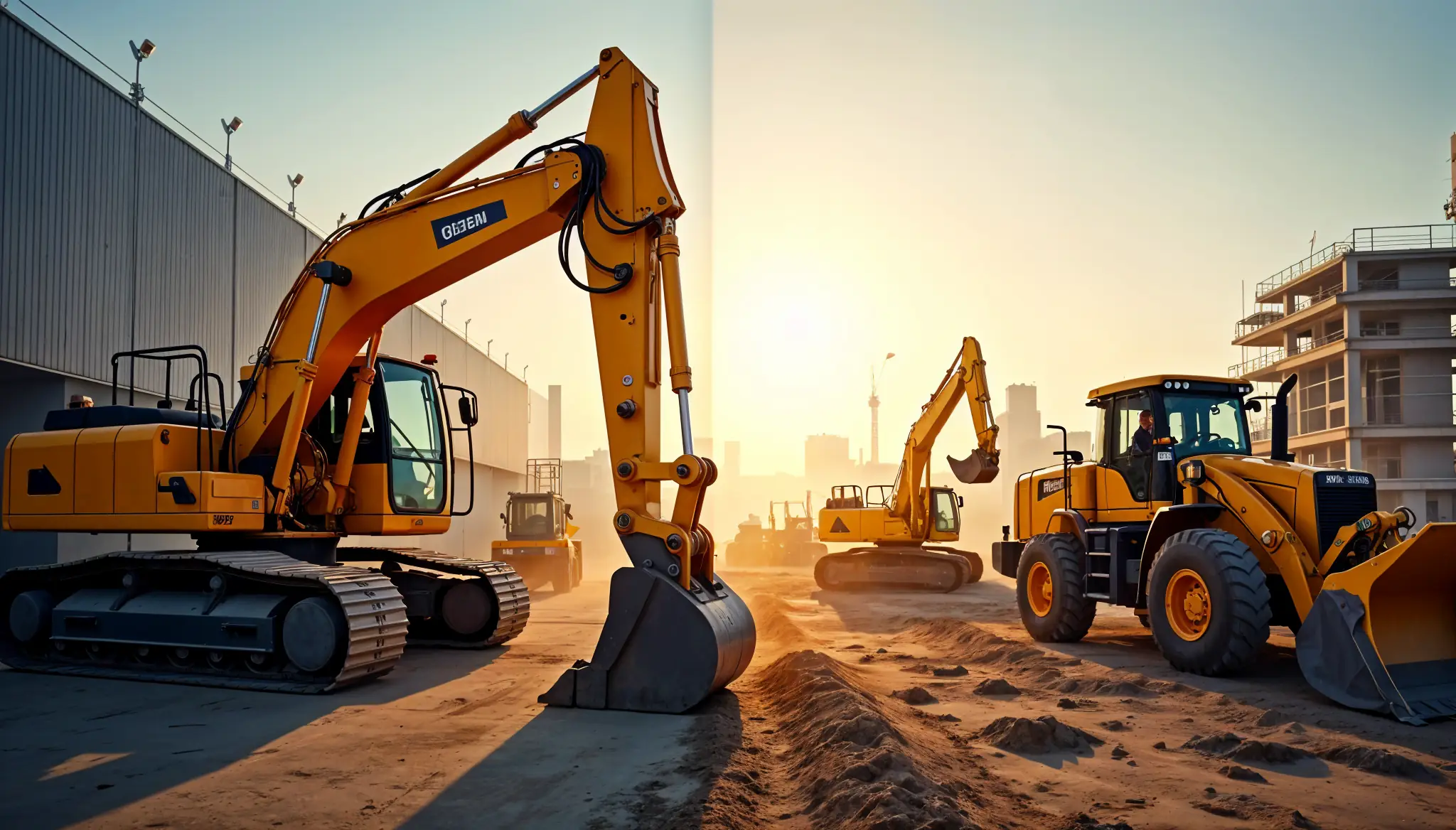
Rent vs Purchase Equipment: What Heavy Industry Experts Hide
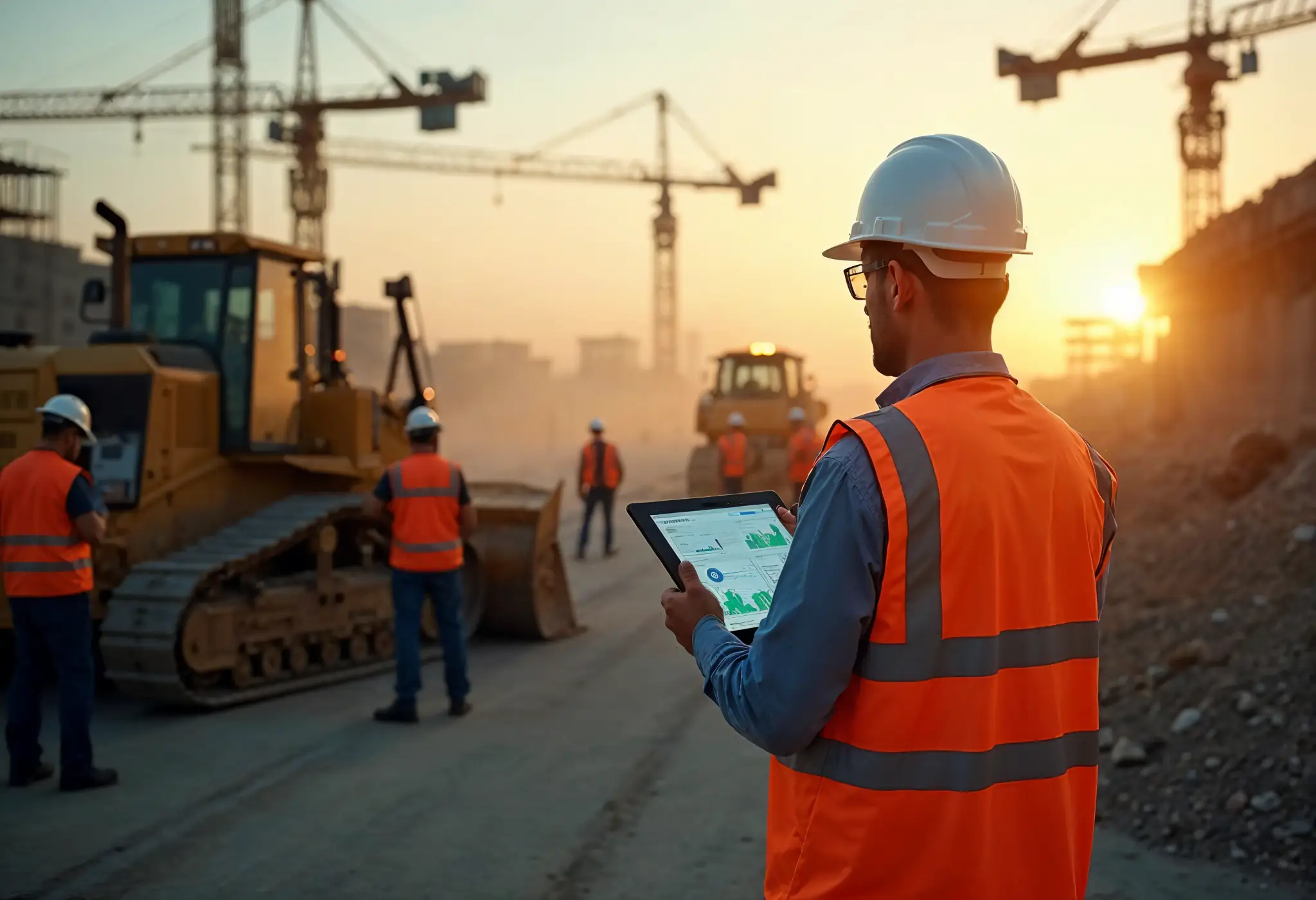
How to Implement a Construction Inventory Management System for Equipment Efficiency
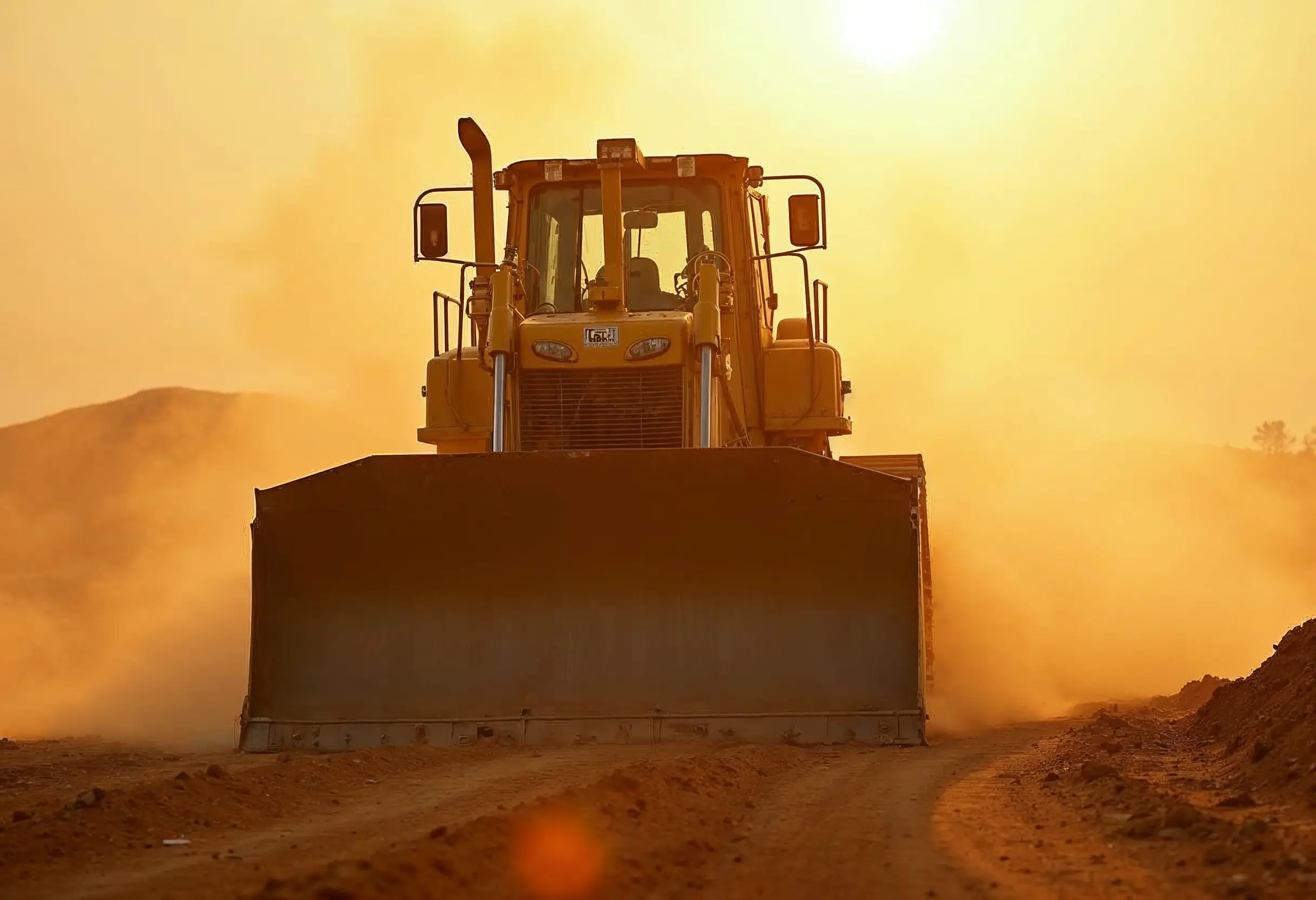
How to Extend Equipment Life Expectancy with Regular Maintenance
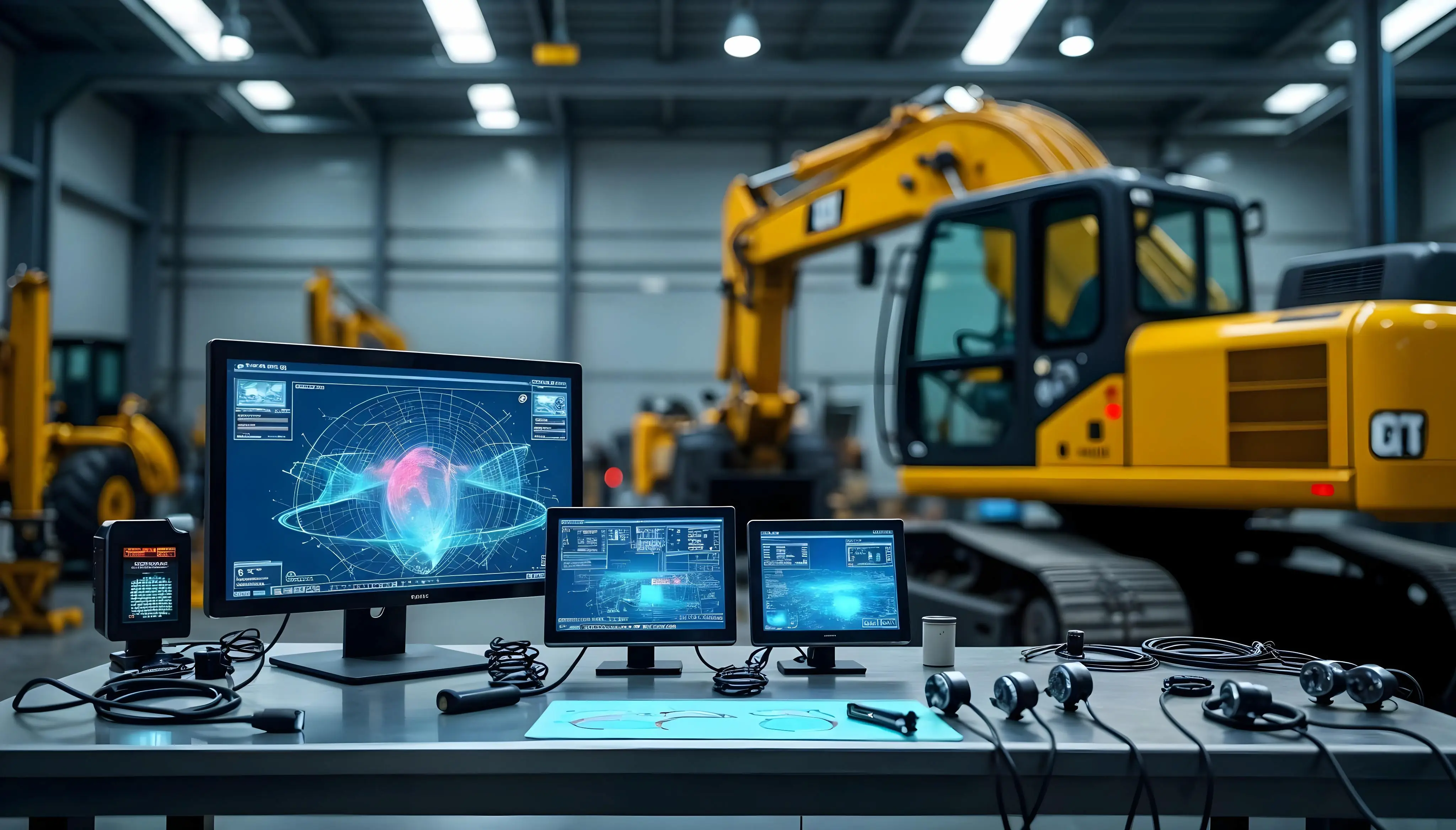
Advanced Heavy Equipment Diagnostic Tools: Ensuring Construction Machinery Quality
Essential Features Your Construction Equipment Inventory System Needs
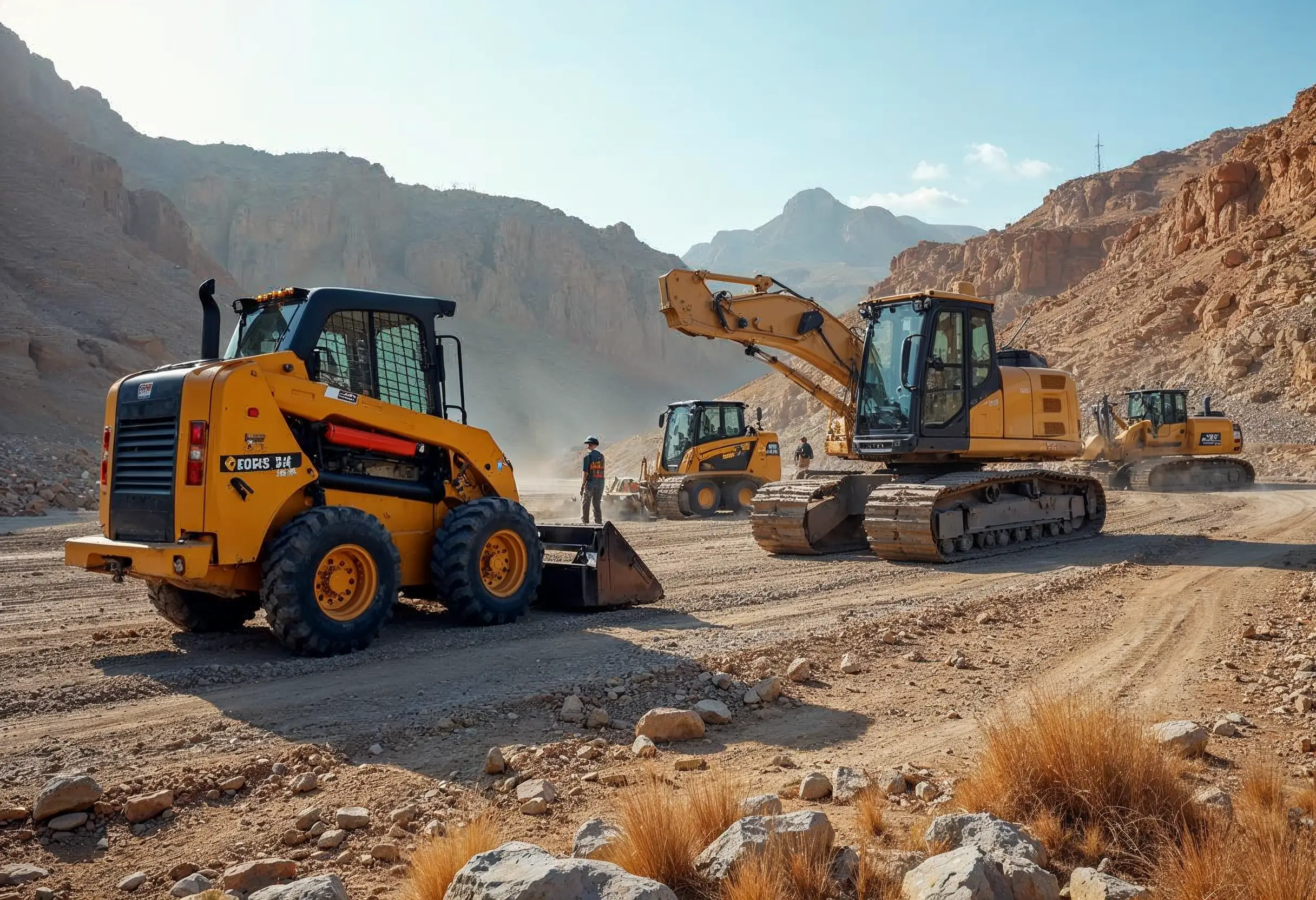
29 Quick Tips for Choosing Construction Equipment for Remote Locations
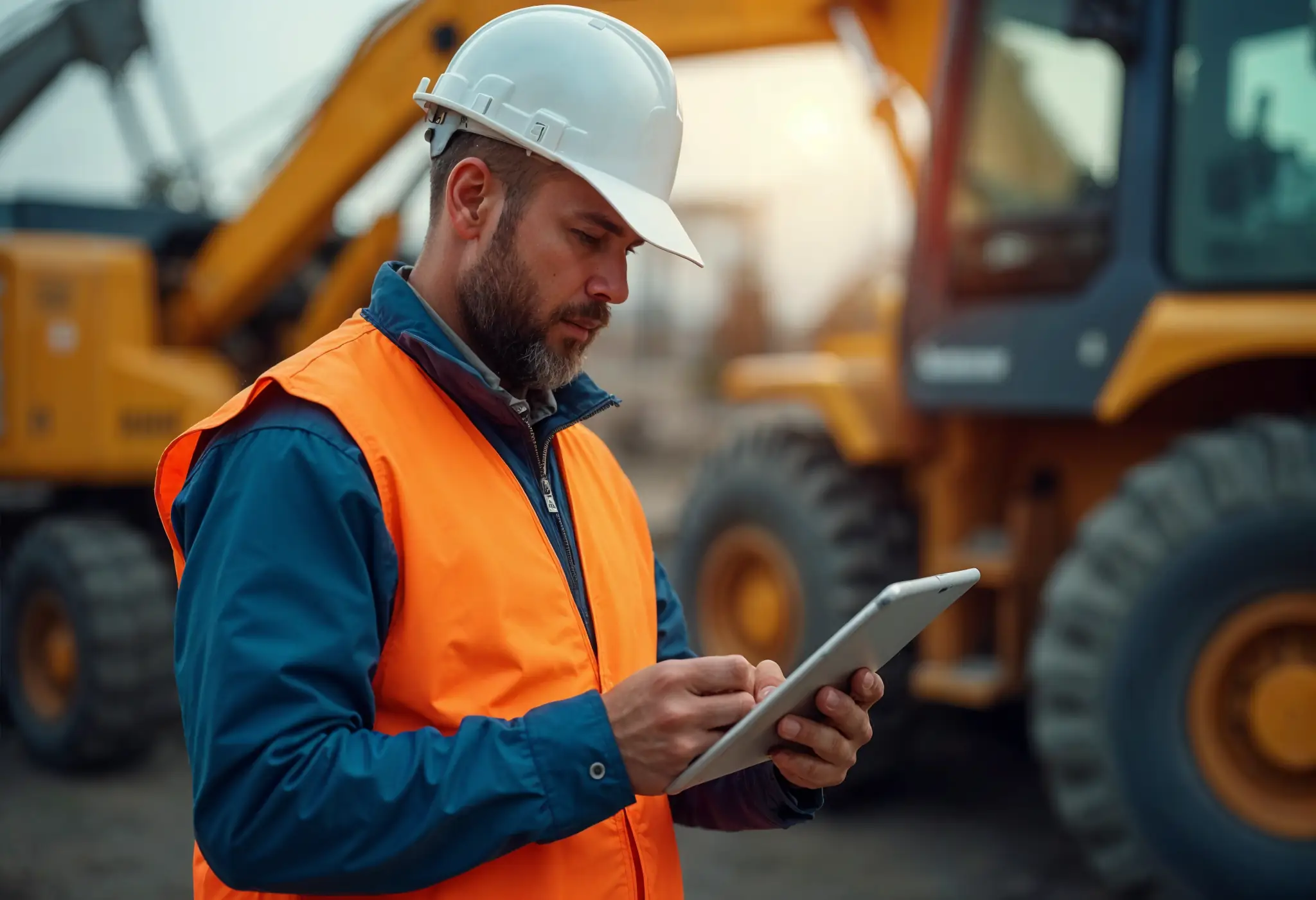
How to Select Construction Machinery with Optimal Equipment Maintenance in Mind
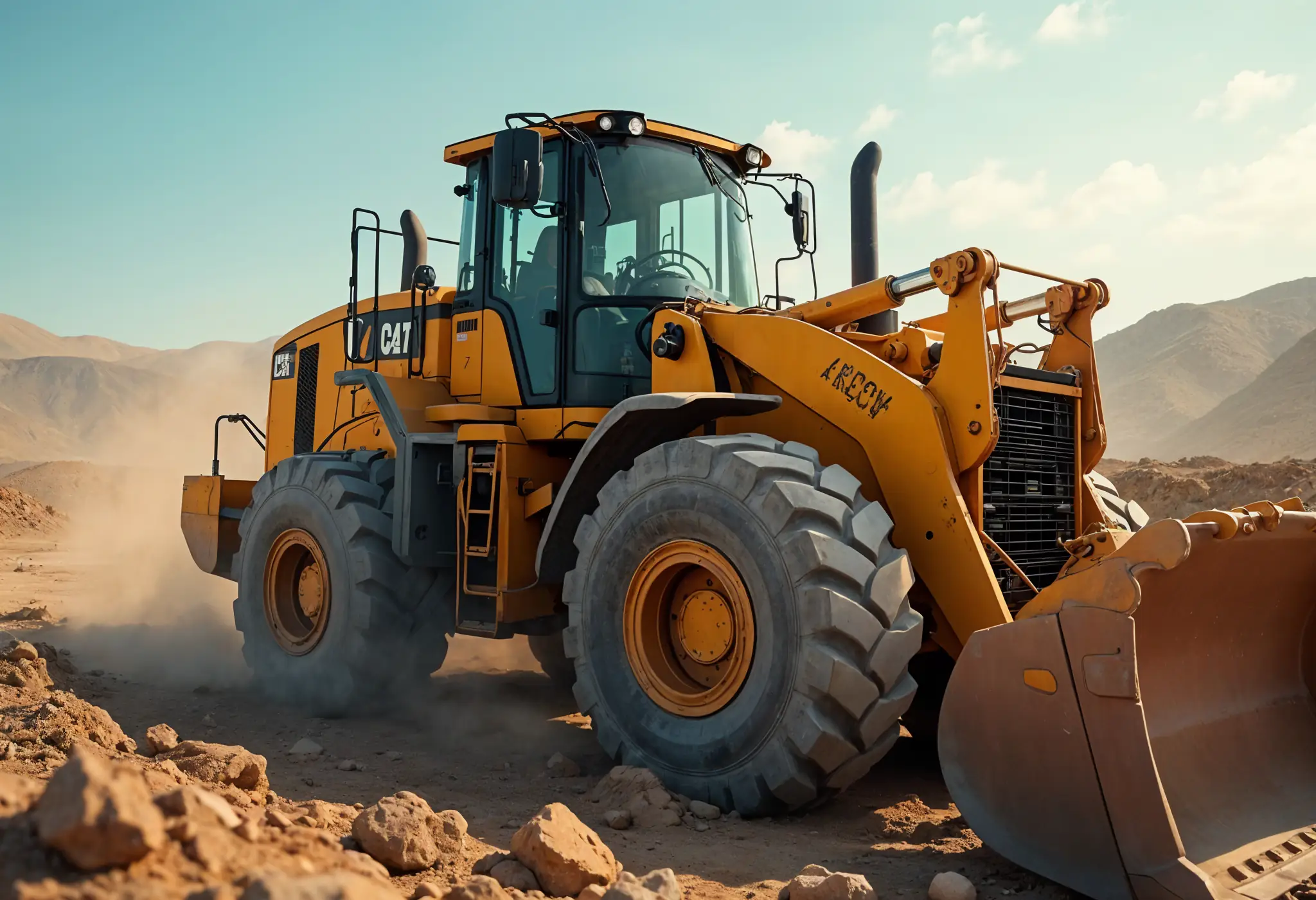
Top 25 Tips for Selecting Bulldozers for Construction Sites
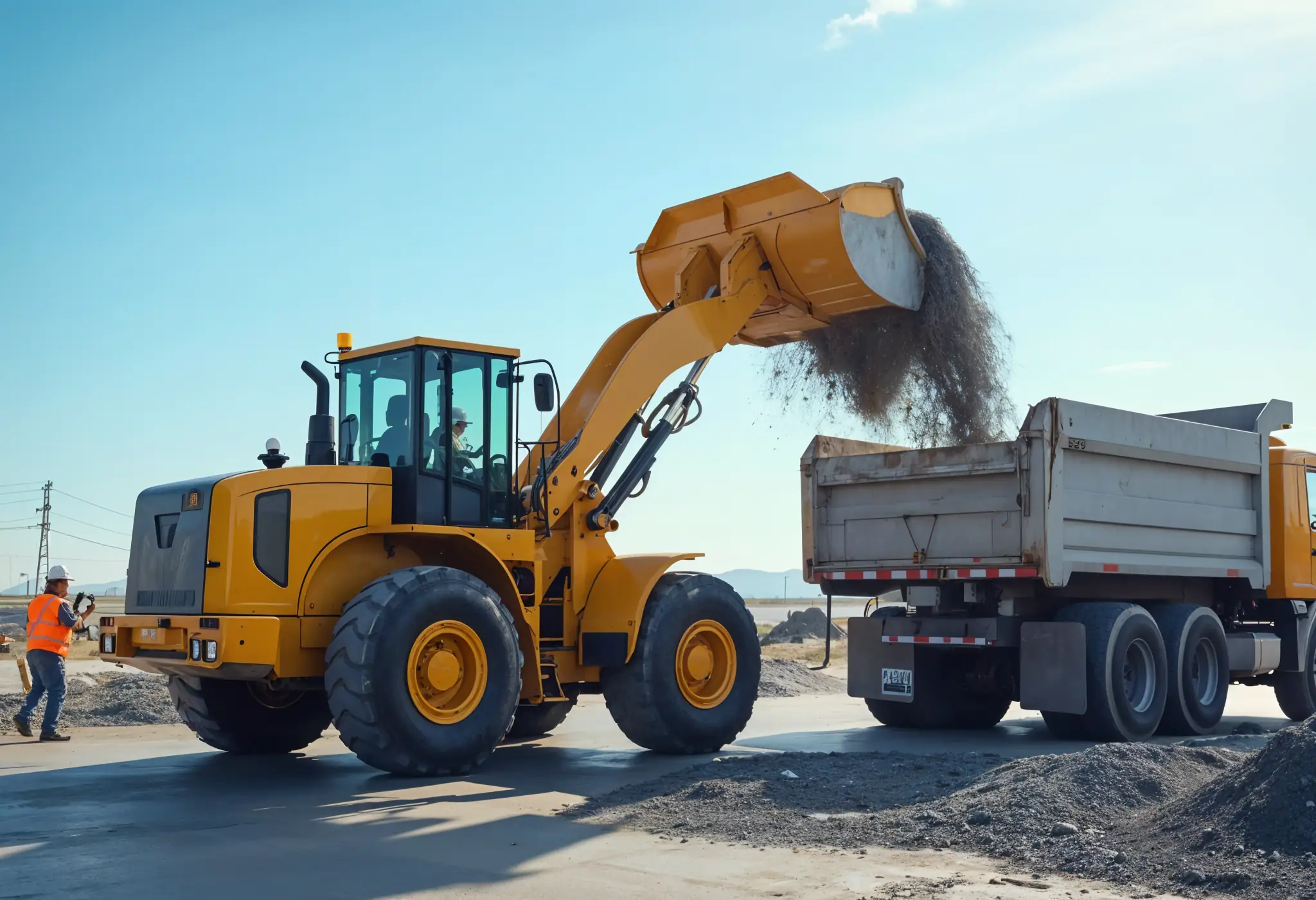
Which Construction Loader is Best for Your Project Needs?

4 Key Steps to Form a Construction Machinery QC Team

15 Essential Tips for Selecting the Perfect Crane for Construction
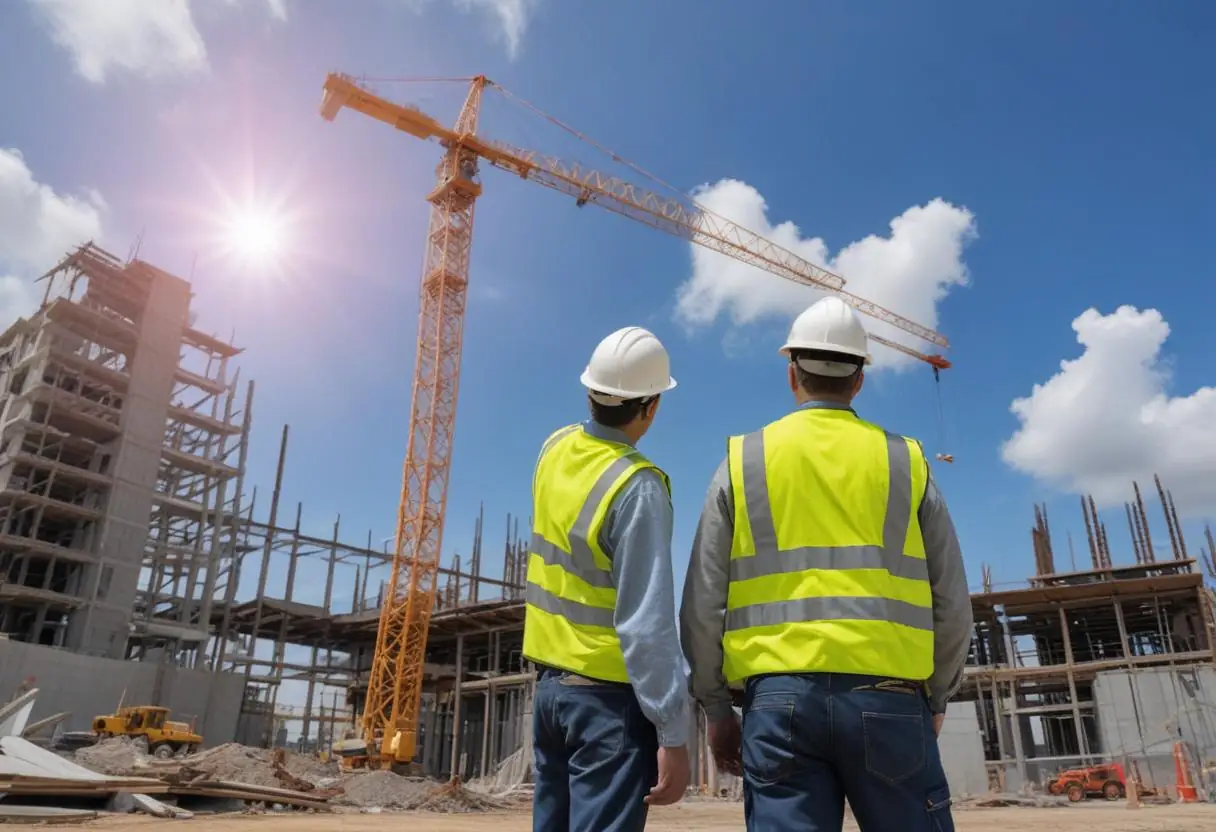
Maximize Savings: Multi-Purpose Construction Machinery for Lower Costs
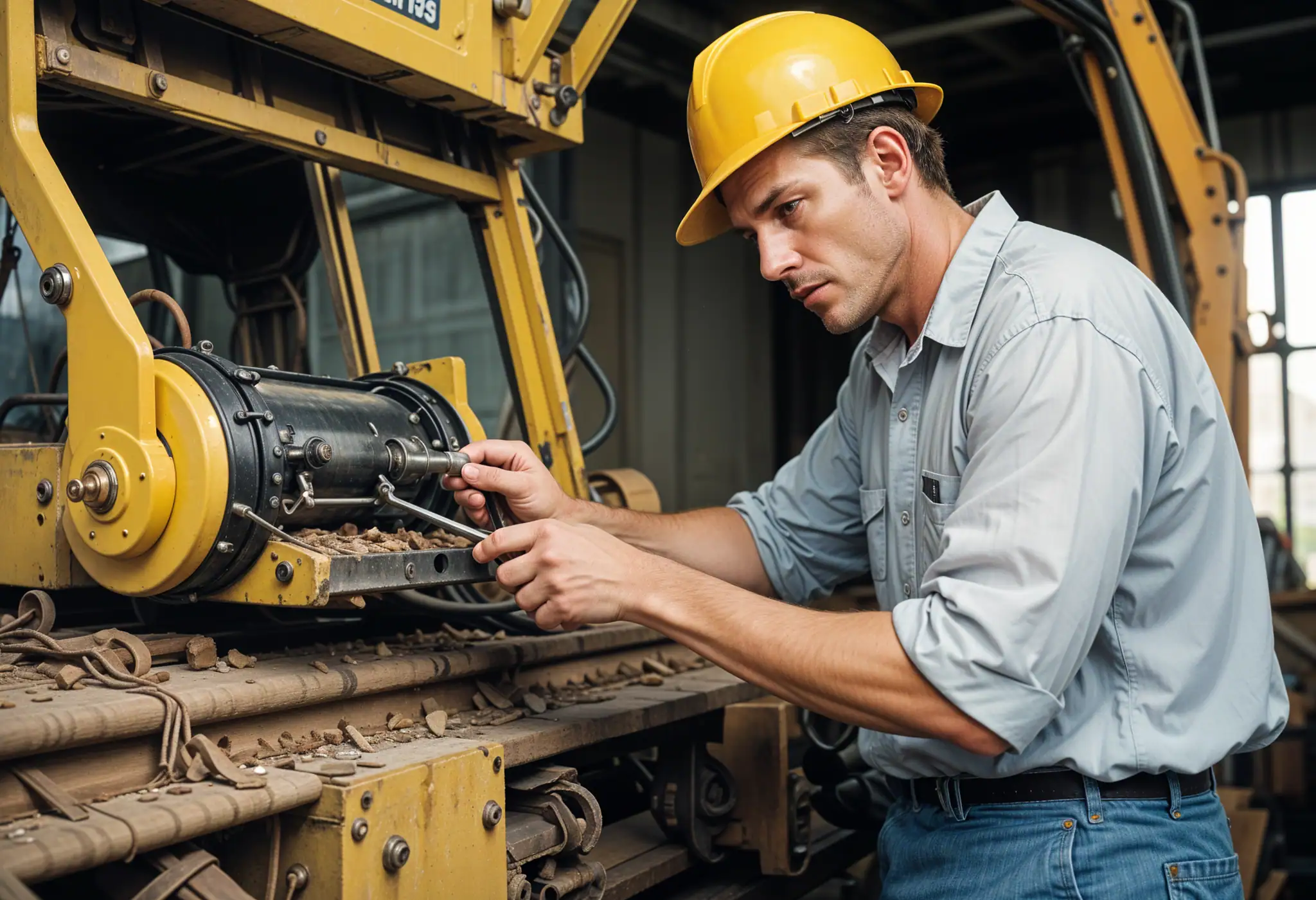
Affordable Heavy Equipment Parts: A Sourcing Guide
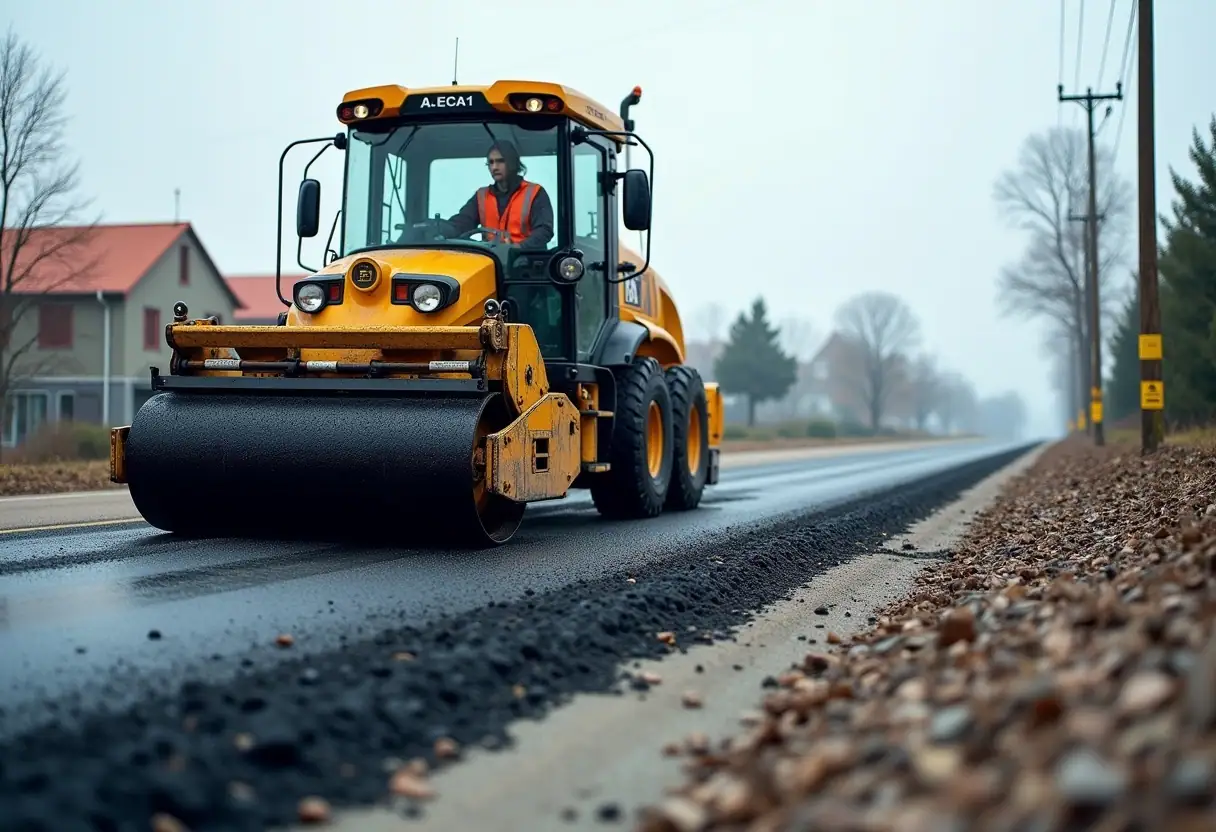
Choosing the Right Road Construction Equipment: A Complete Guide
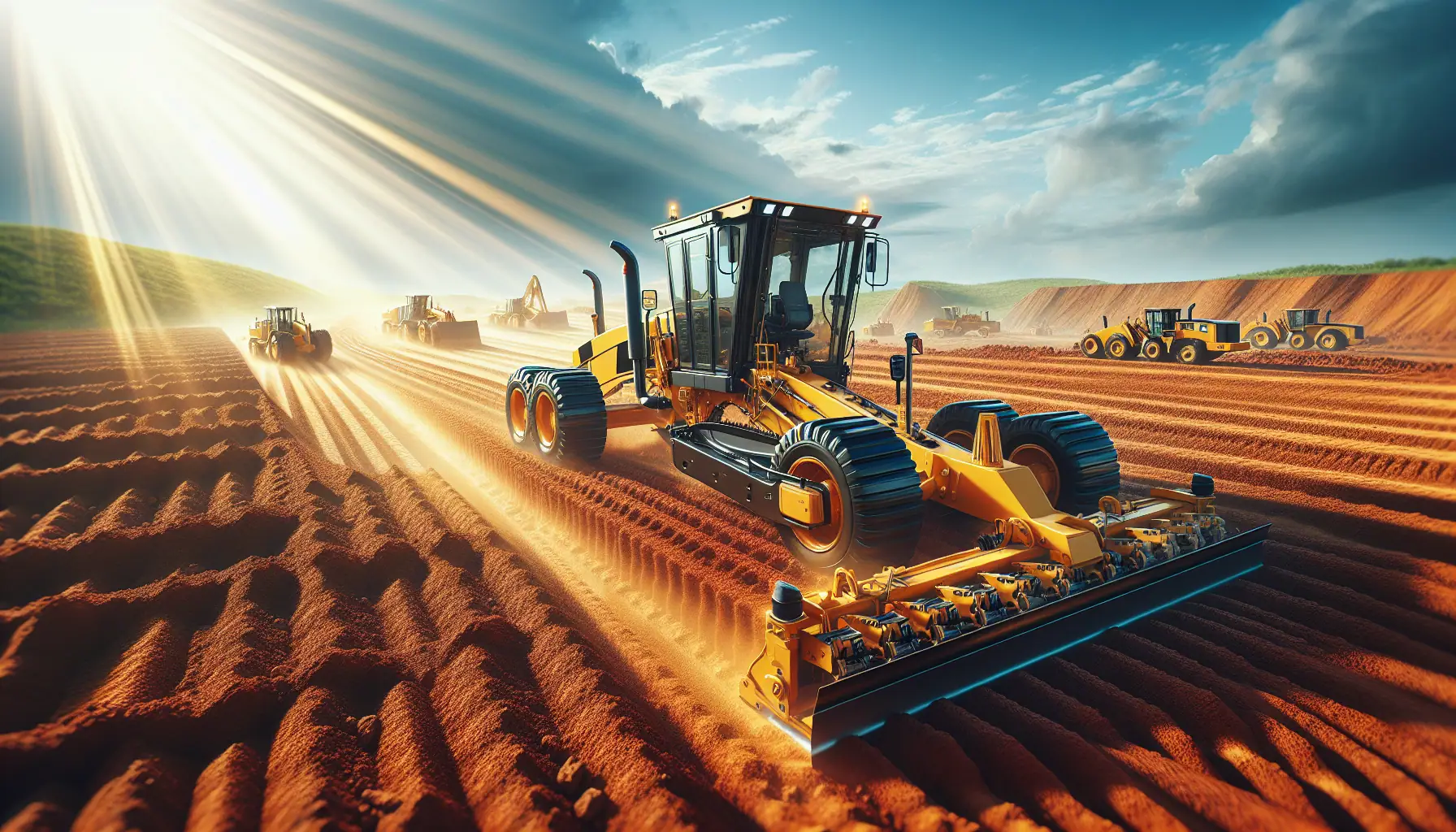
Motor Graders: Key Elements to Consider for Optimal Selection
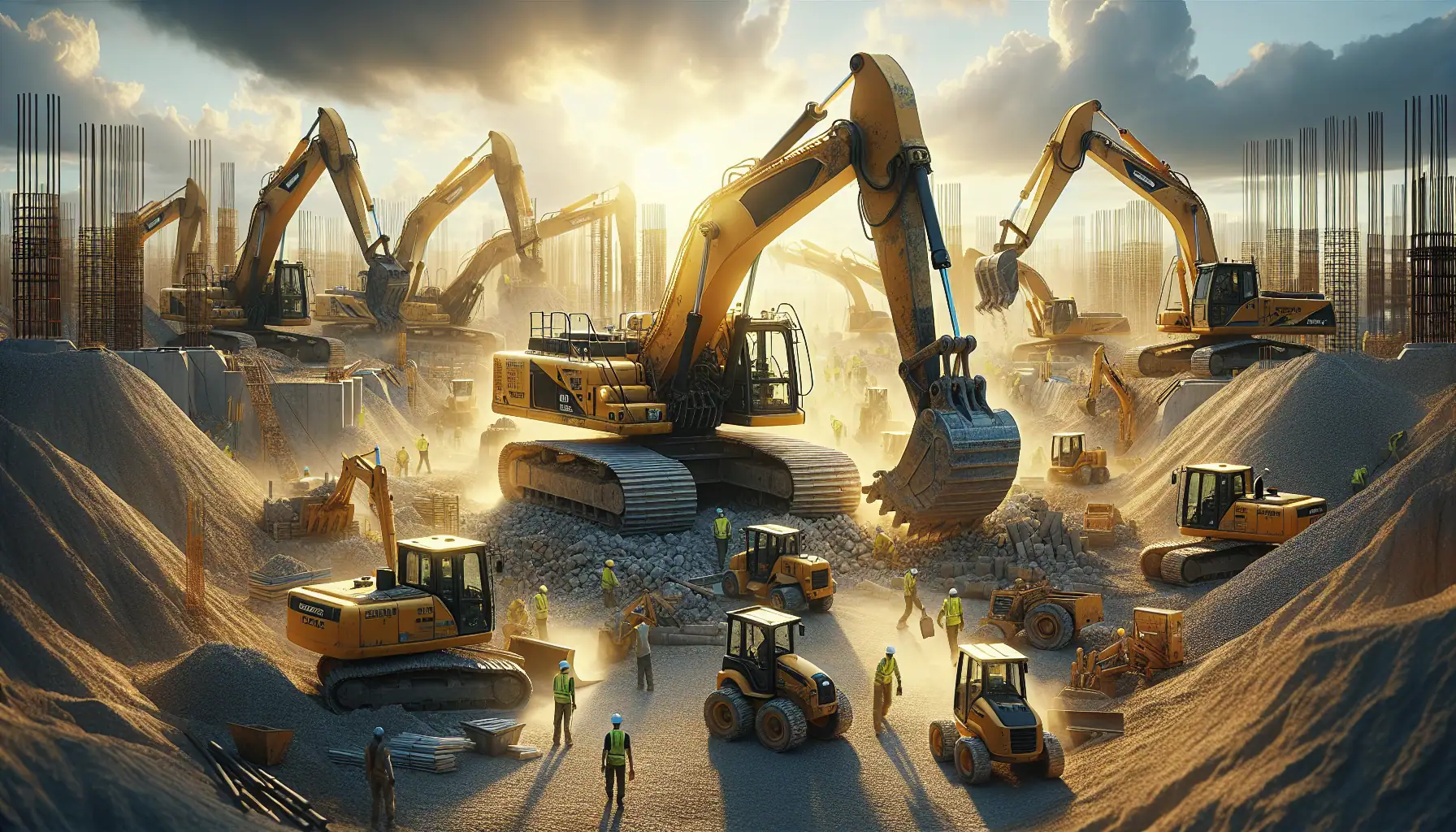
A Detailed Guide to Choosing Excavators for Construction Work
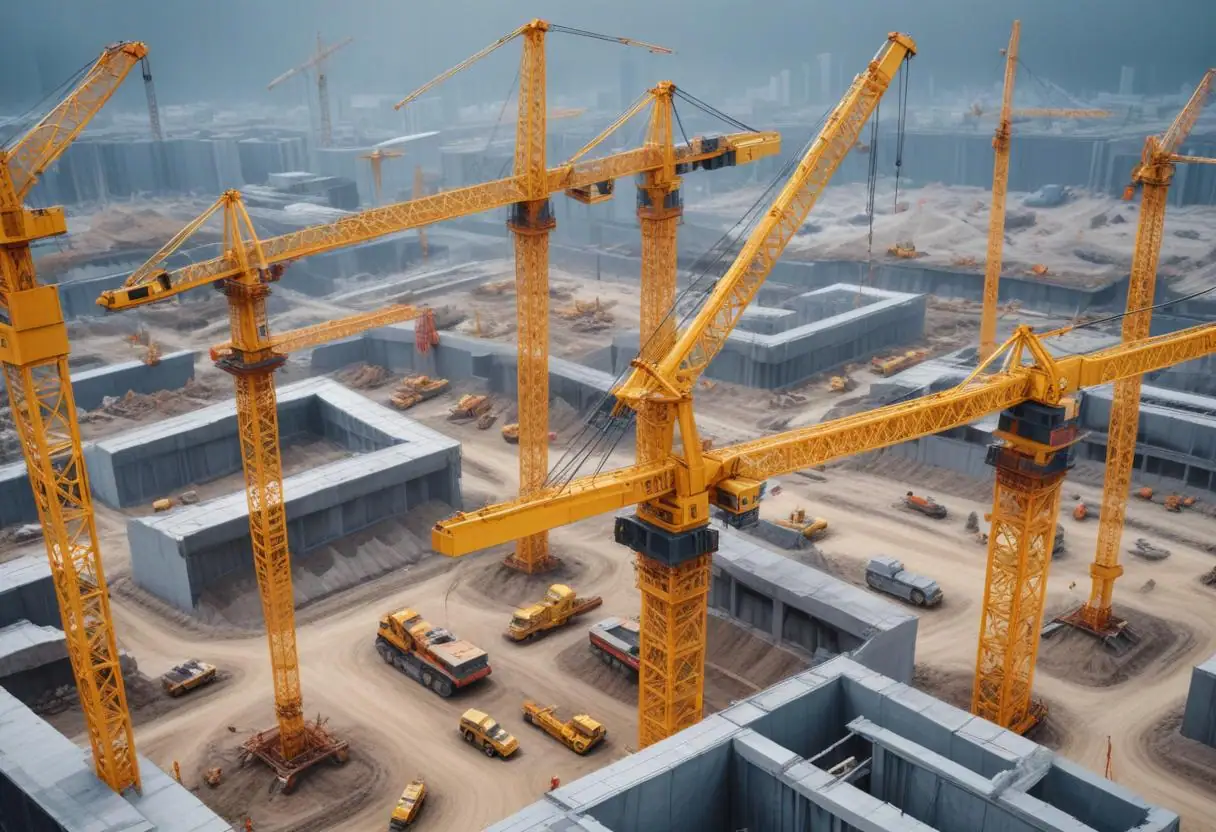
Top Tips for Choosing Cranes for Construction Projects
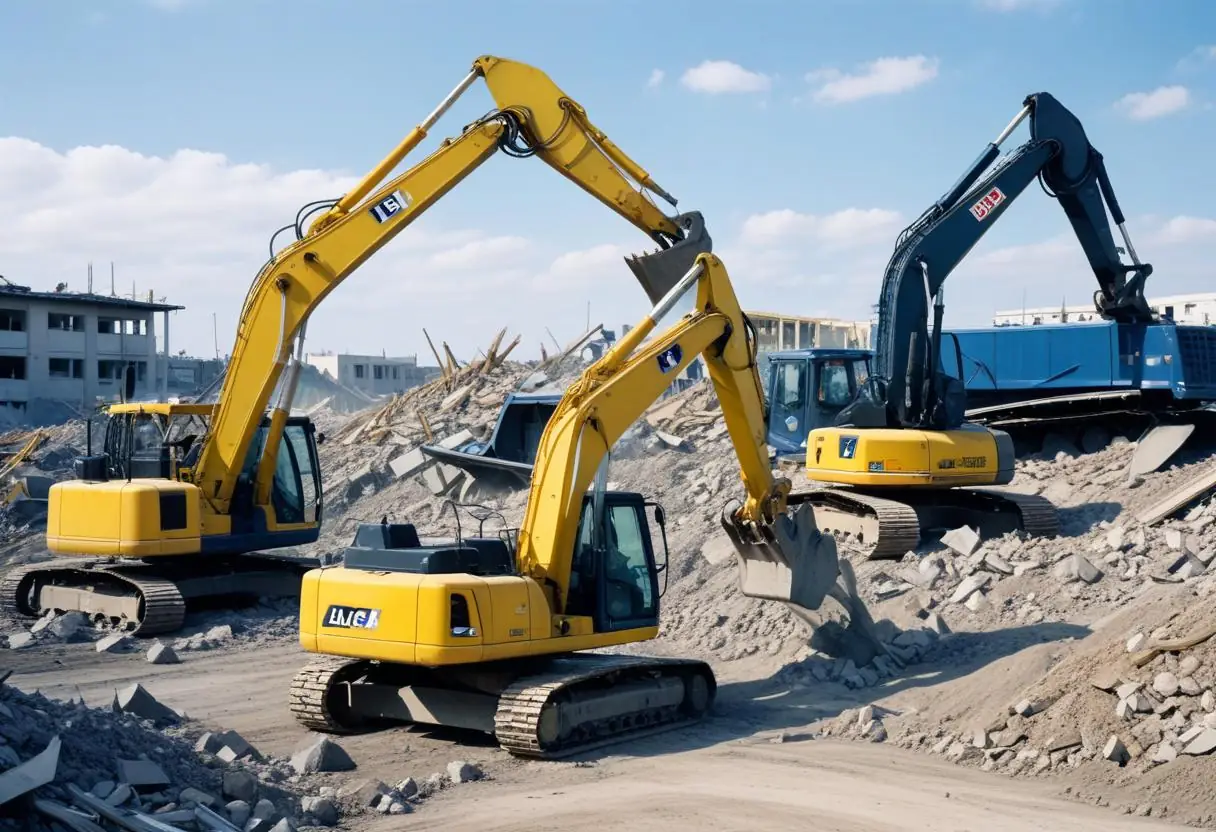
5 Top-Rated Demolition Machines for Construction Professionals
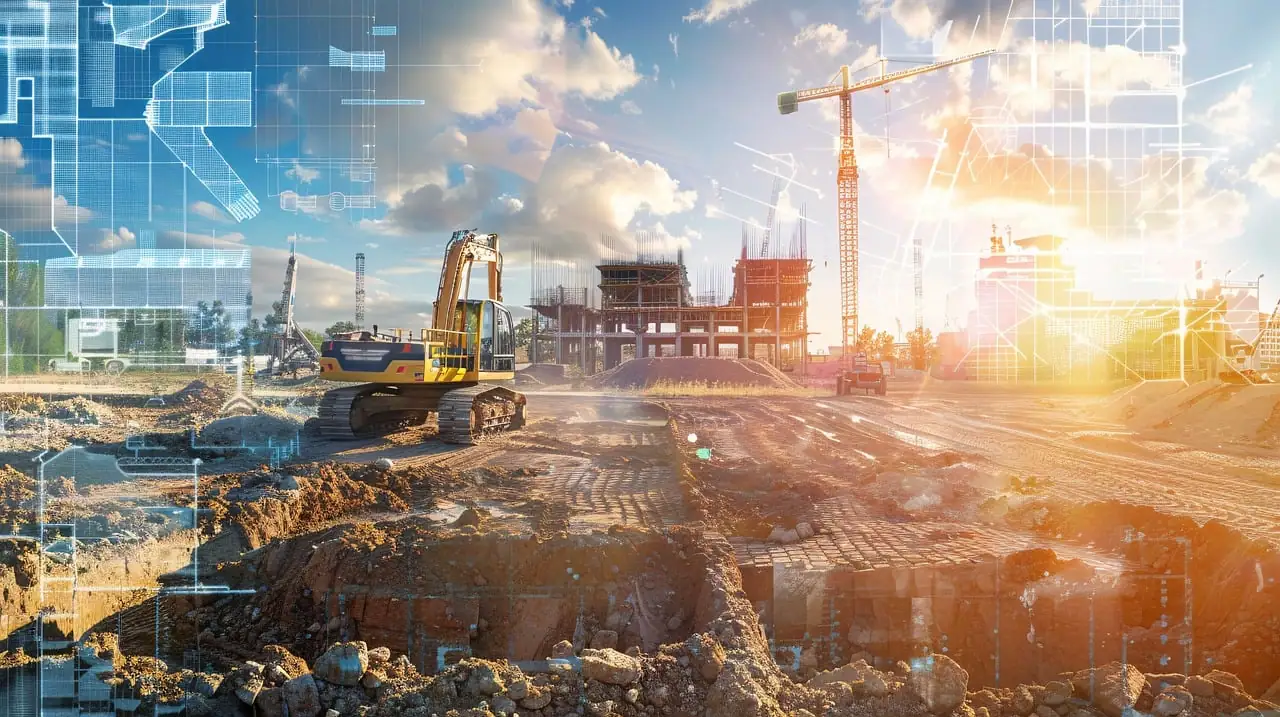
Expert Tips on Choosing Earthmoving Equipment for Large Projects
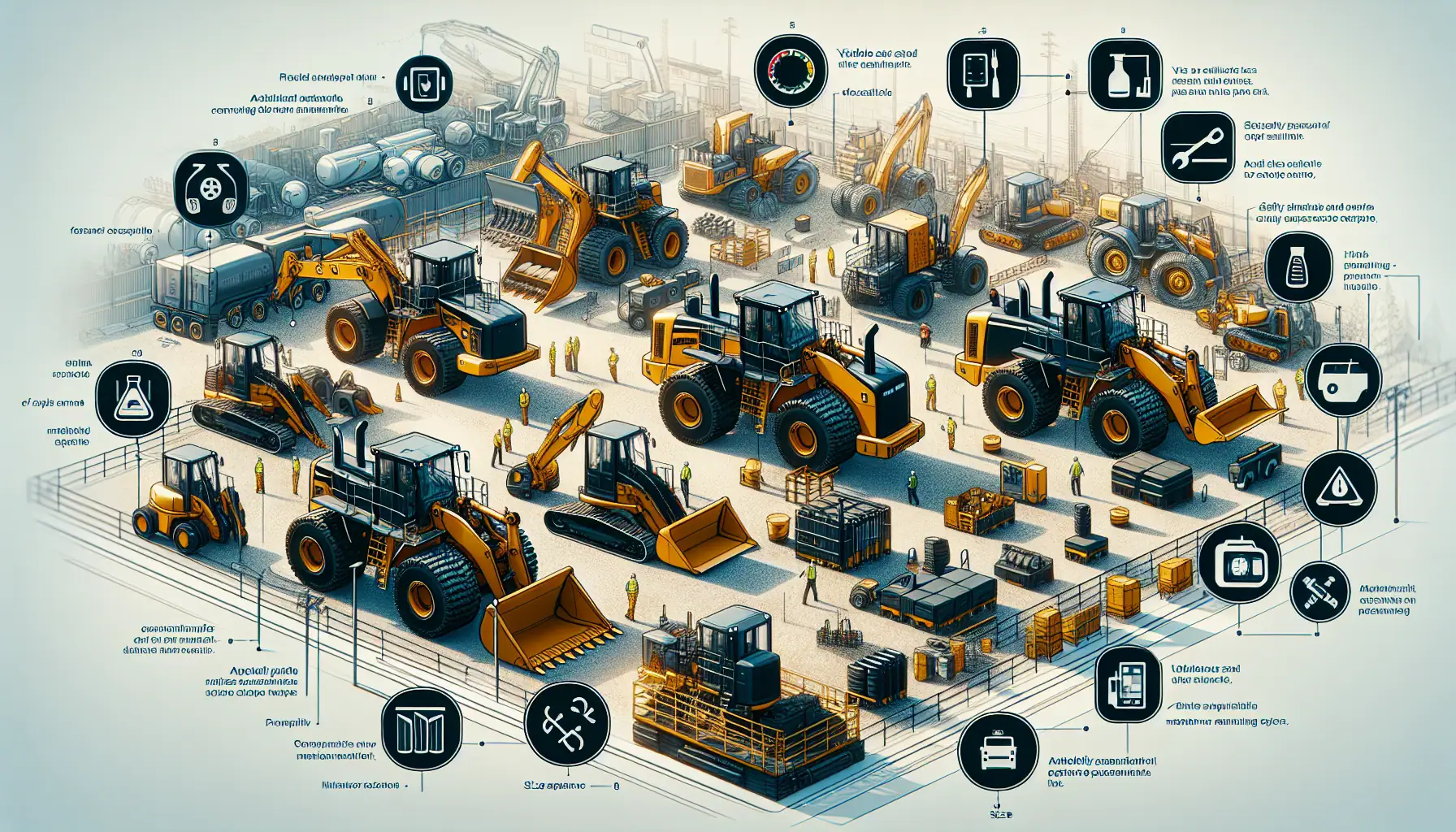
Top Functional Criteria for Selecting Heavy Construction Equipment
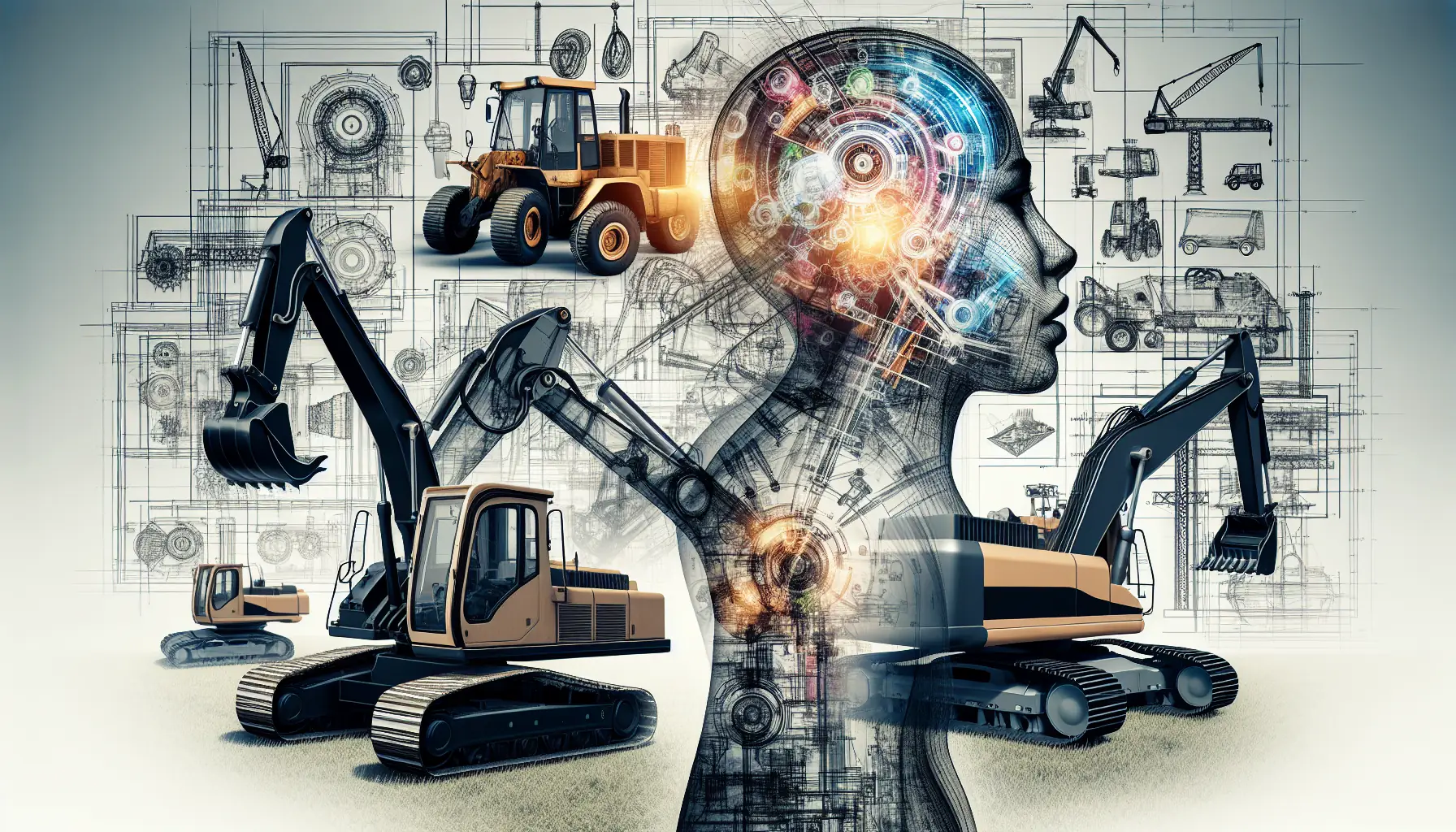
Construction Machinery: Detailed Guide to Equipment Specifications
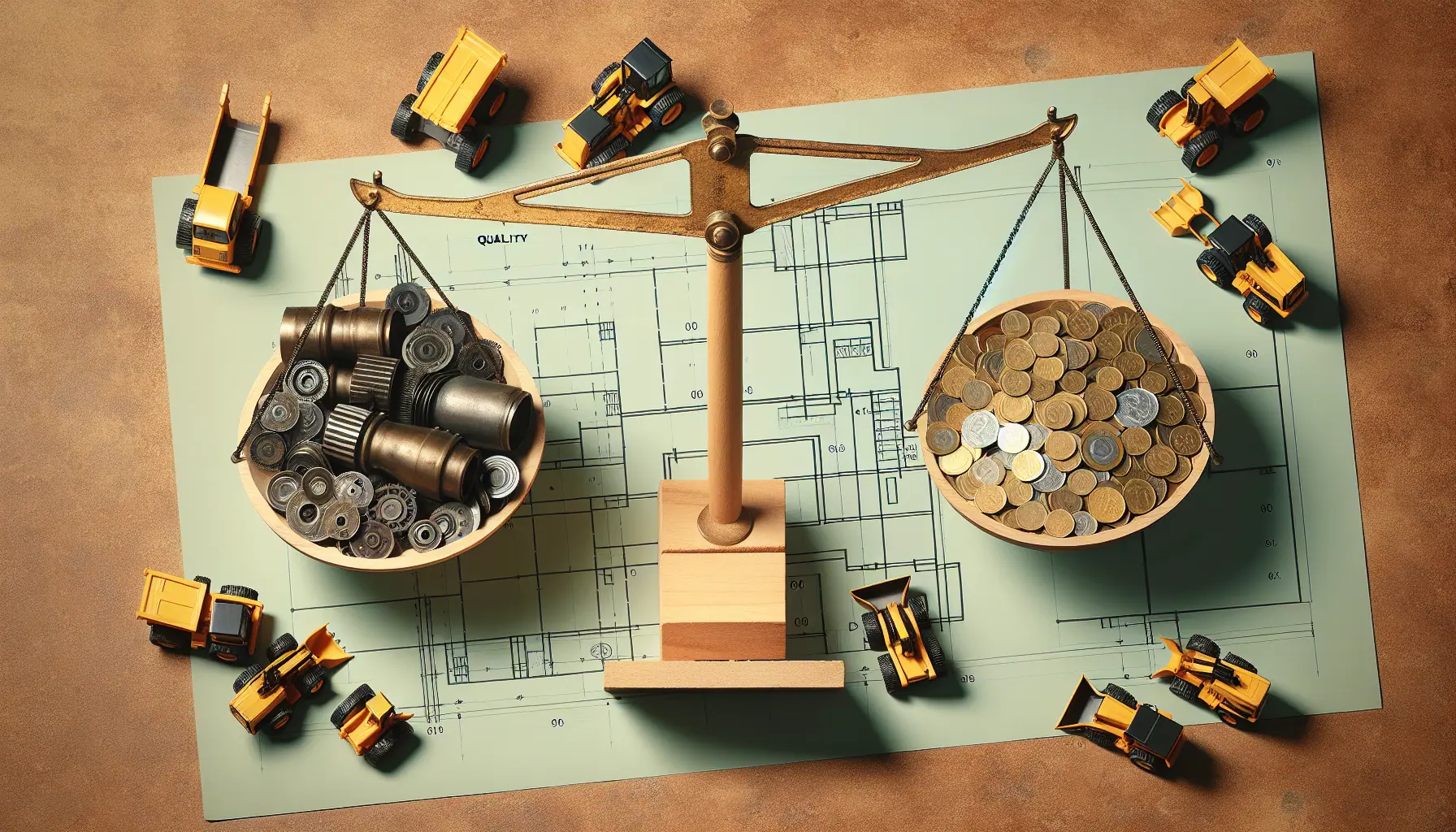
Heavy Machinery Prices: Key Factors in Cost and Quality Balance
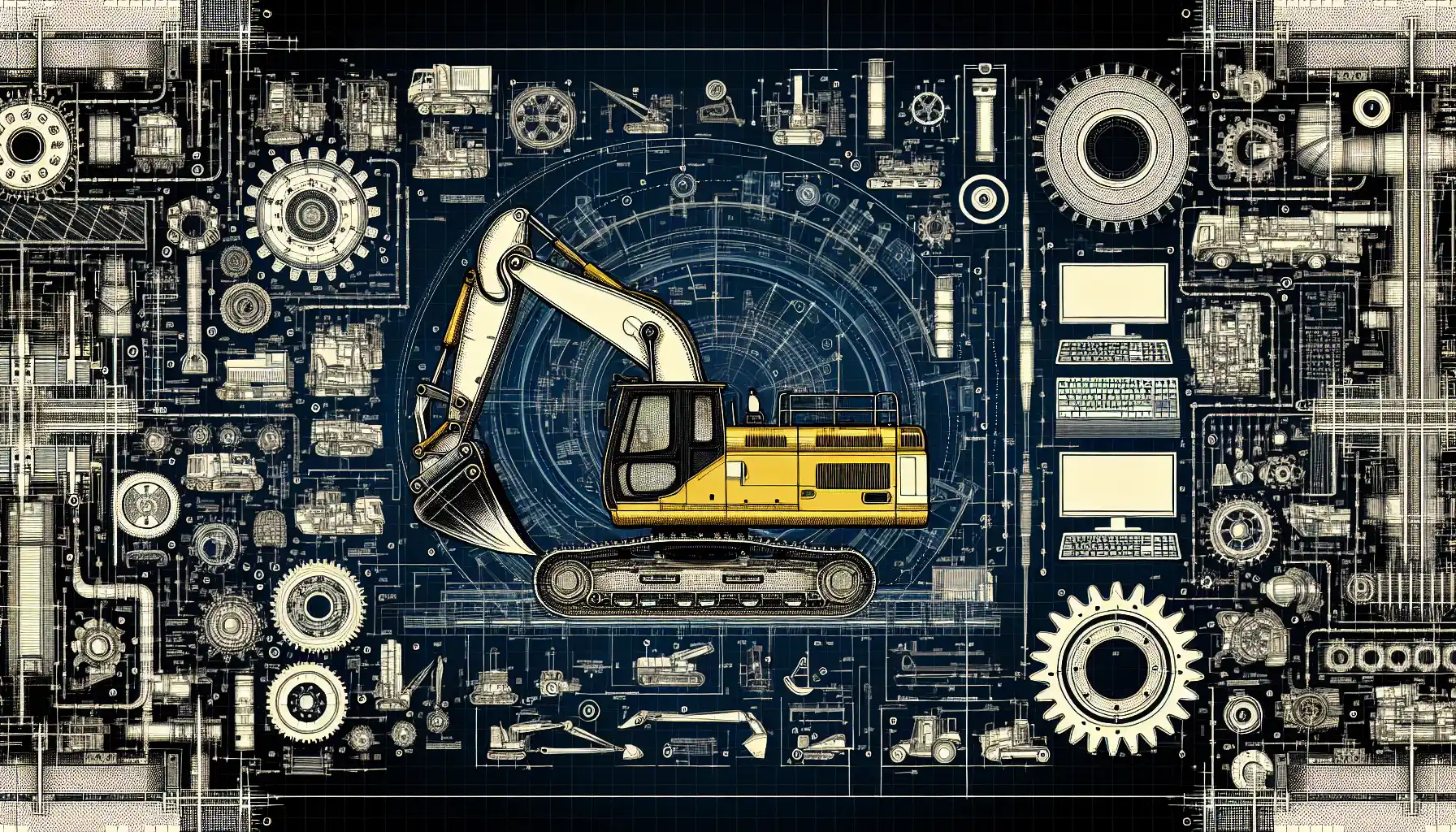
Best Construction Heavy Equipment Brands: Pros and Cons

Construction Site Equipment: How to Determine Your Requirements
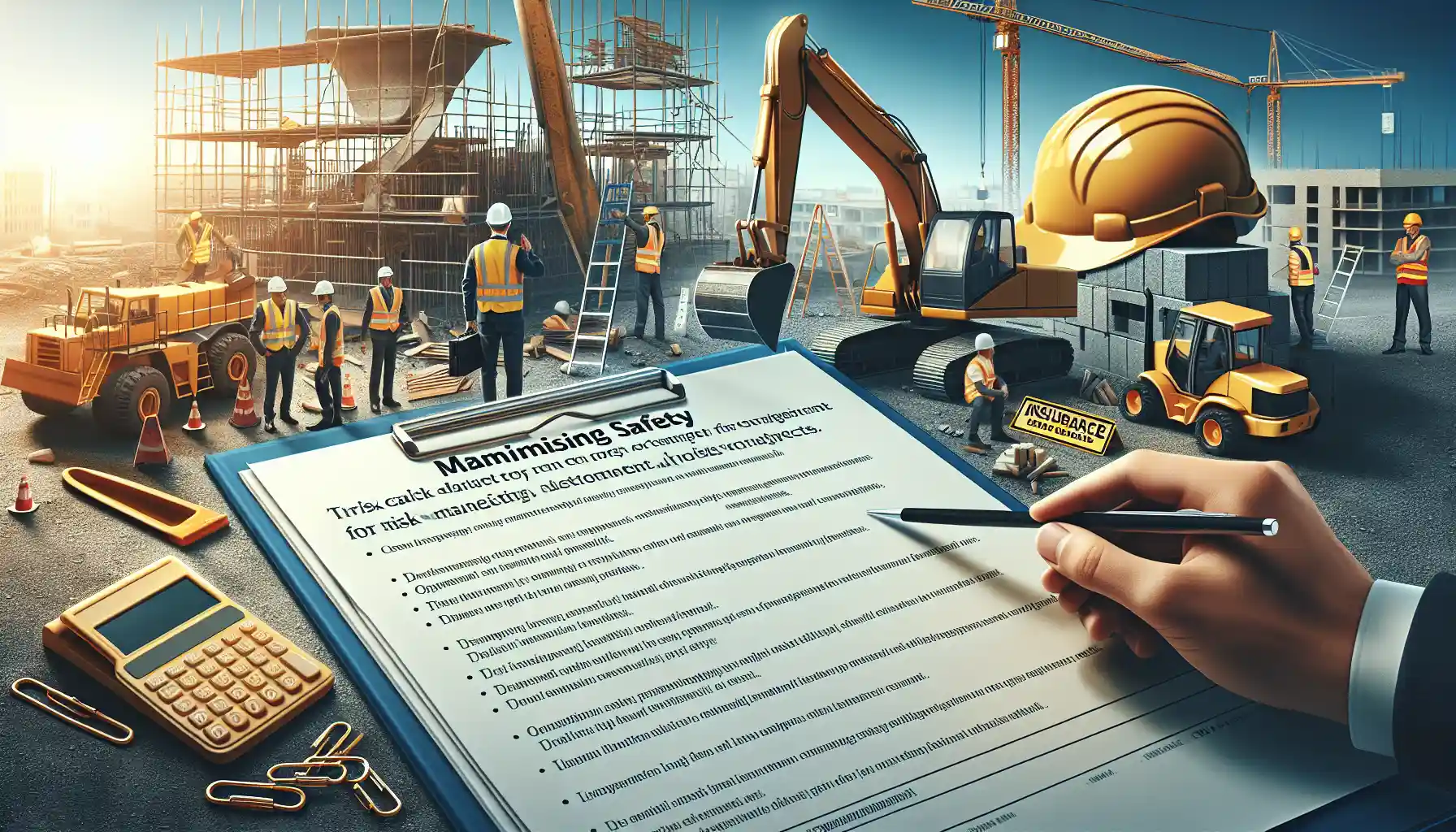
Maximizing Safety: Risk Management for Construction Projects

Innovations in Construction: Transforming Machinery and Equipment
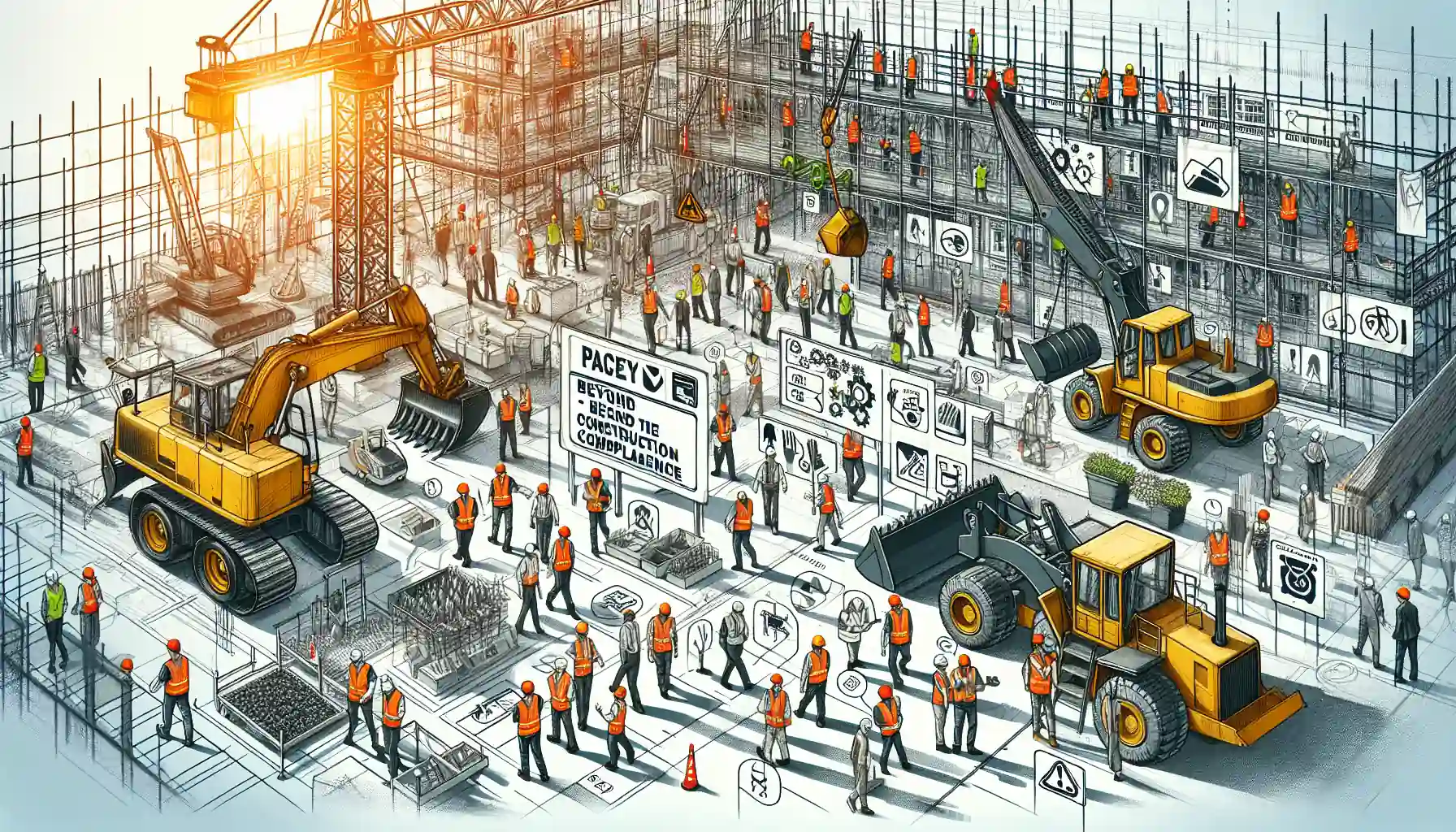
Heavy Equipment Safety: Beyond the Basics in Construction Compliance
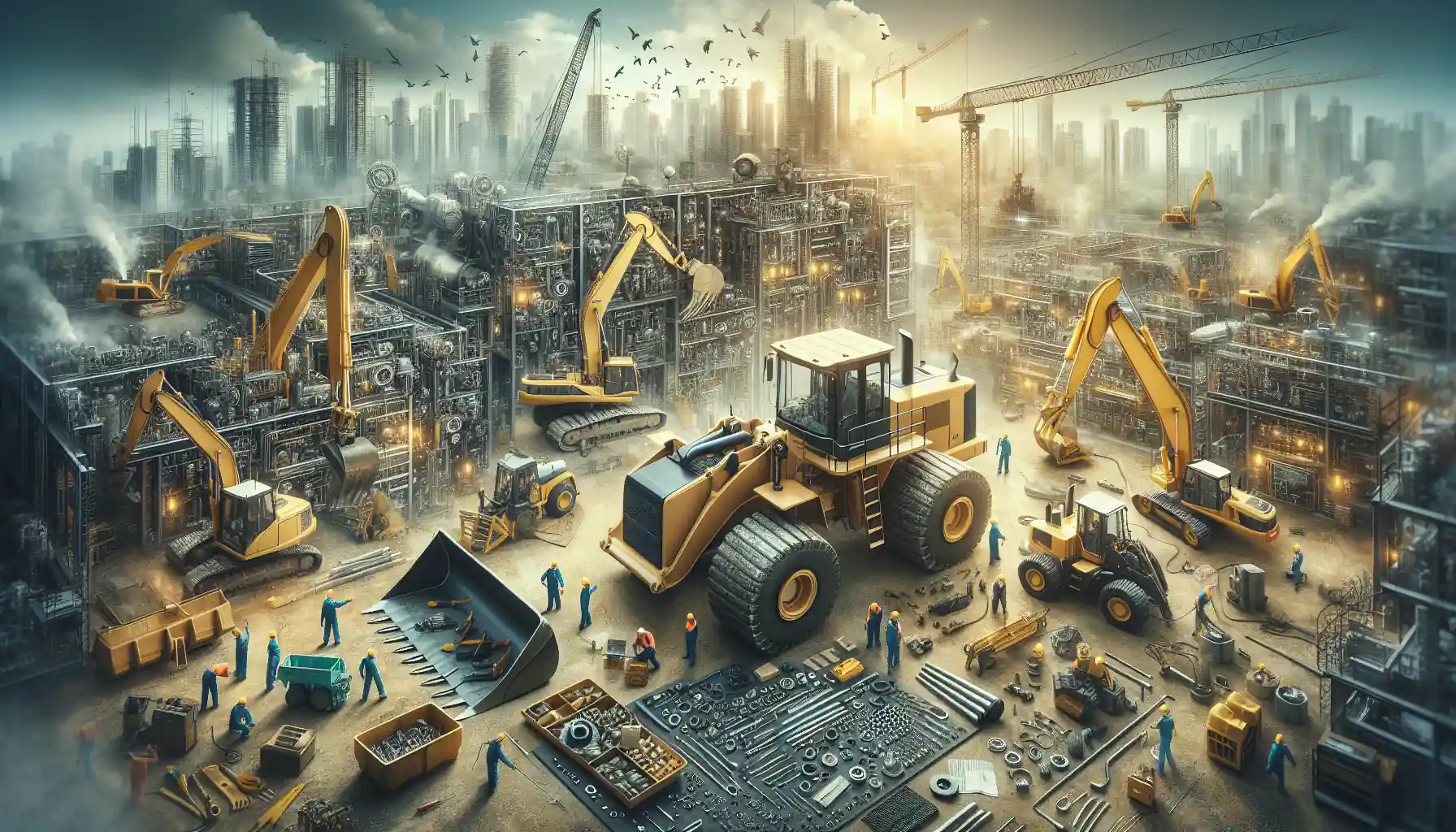
The Essential Handbook for Construction Equipment Repair and Maintenance

How to Efficiently Source Oil and Gas Machinery Parts in NYC

Essential Guide to Sourcing Agriculture Equipment Parts
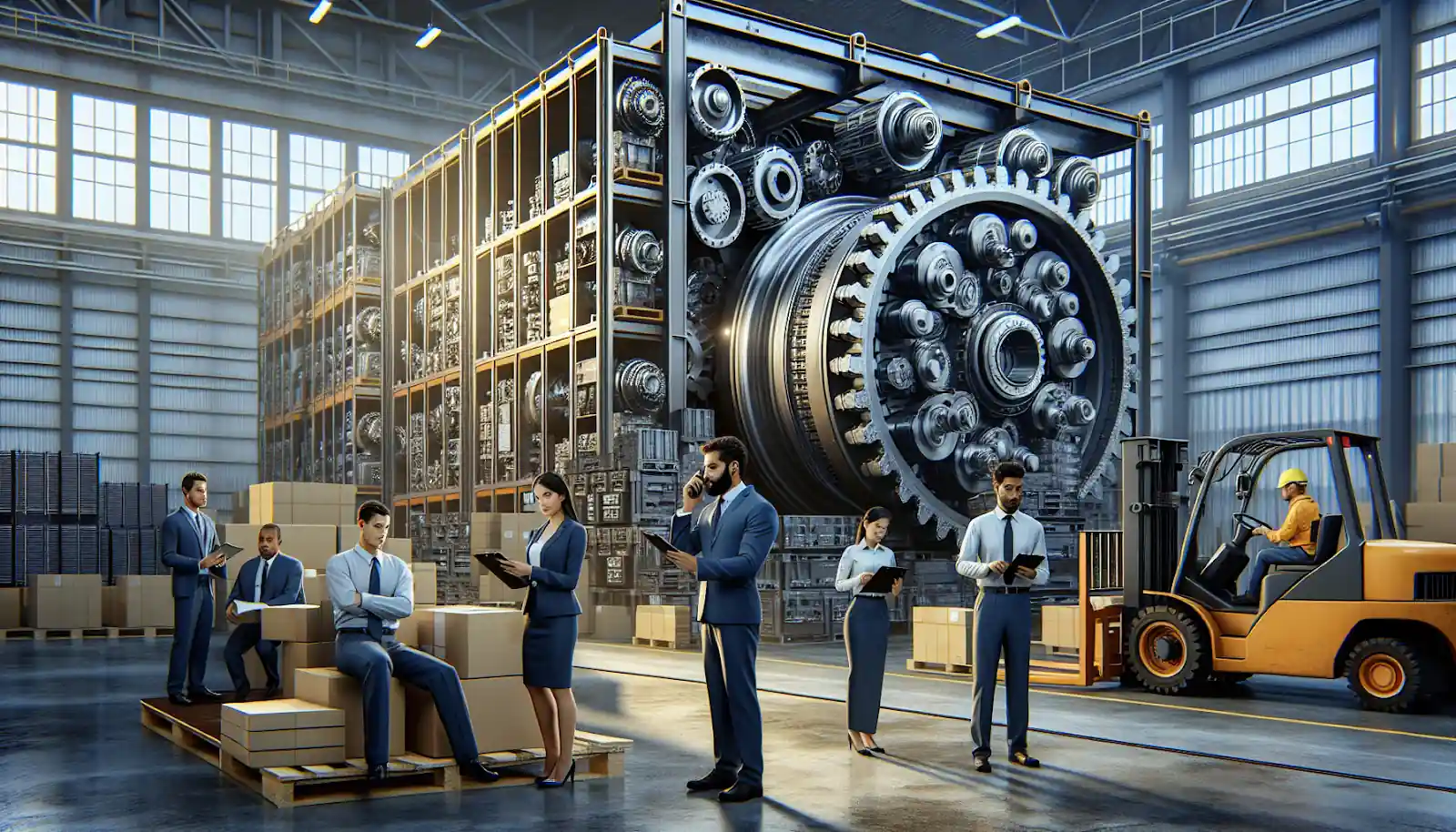
How to Source Mining Machinery Parts: Tips and Strategies
